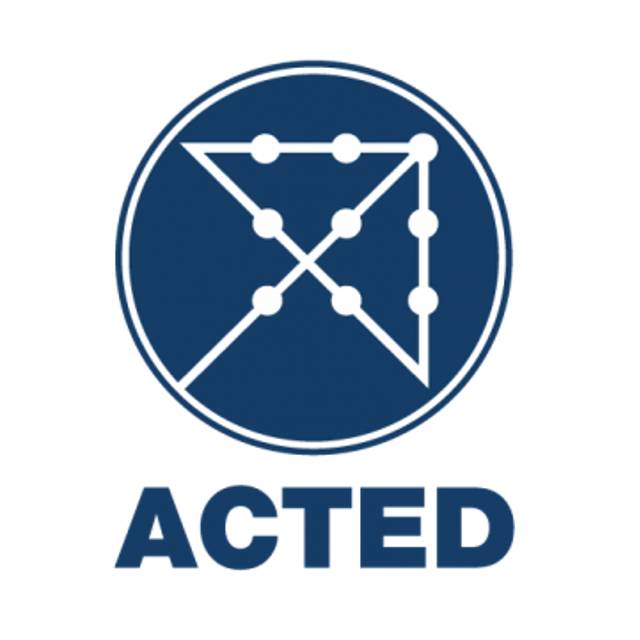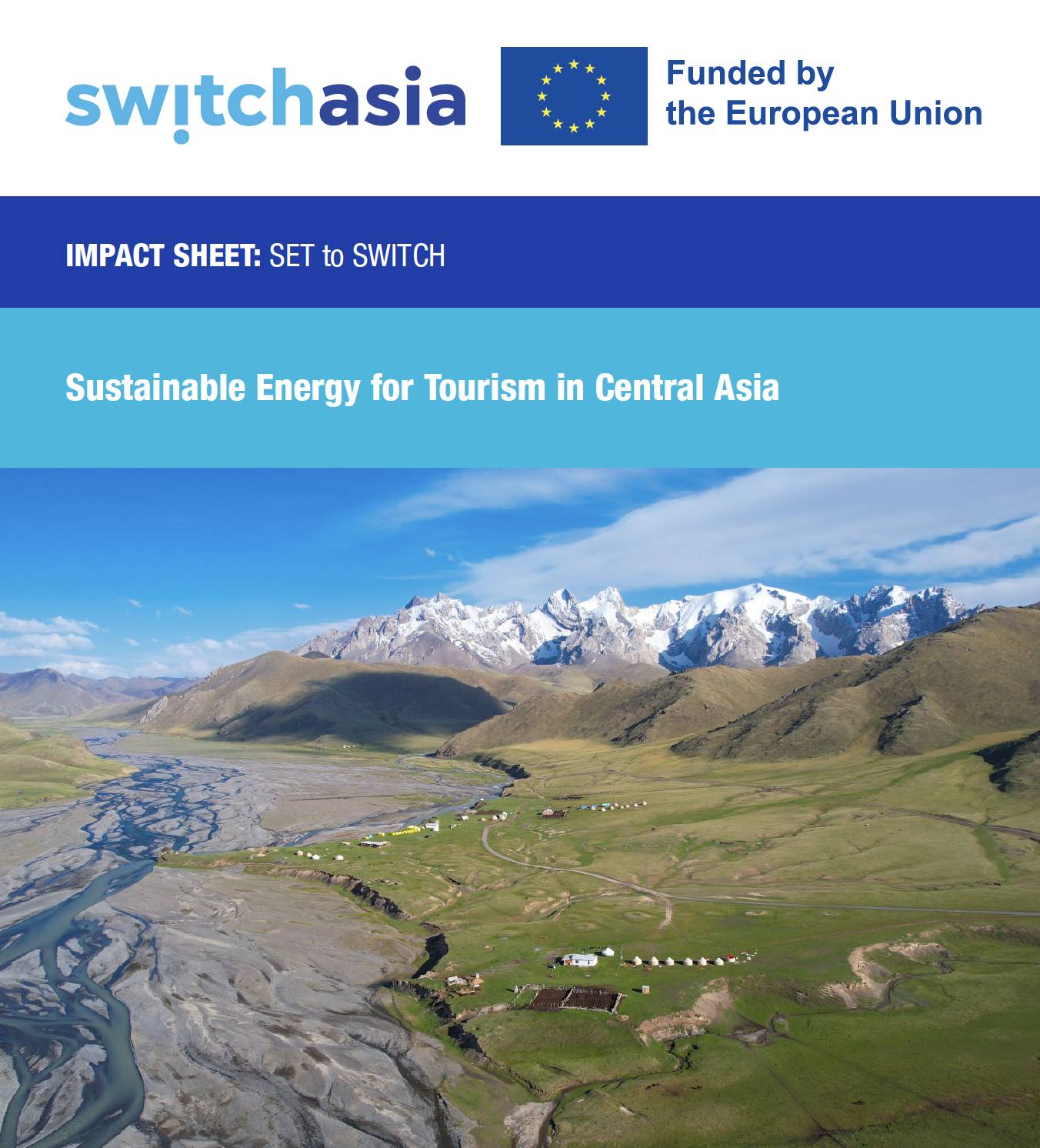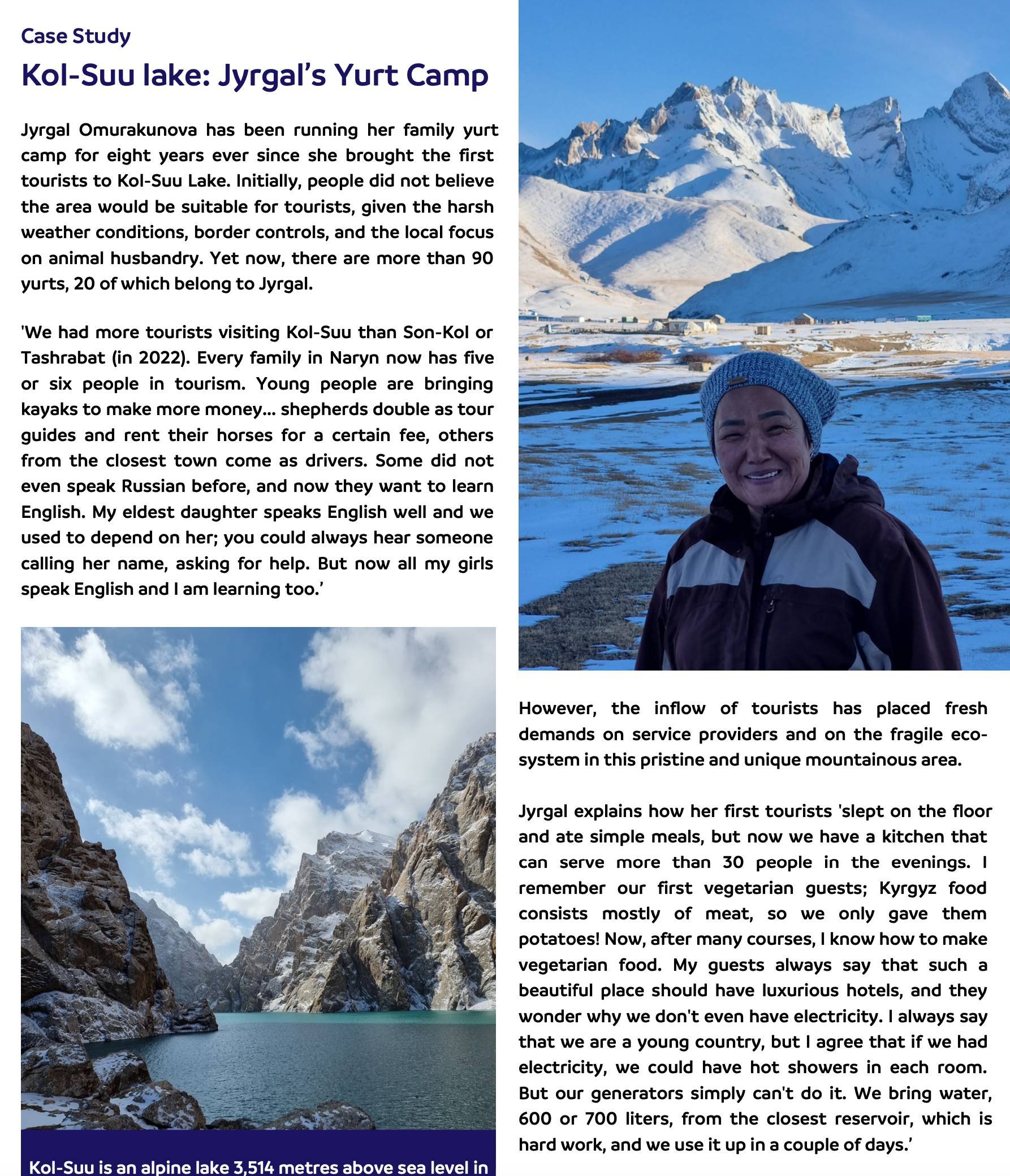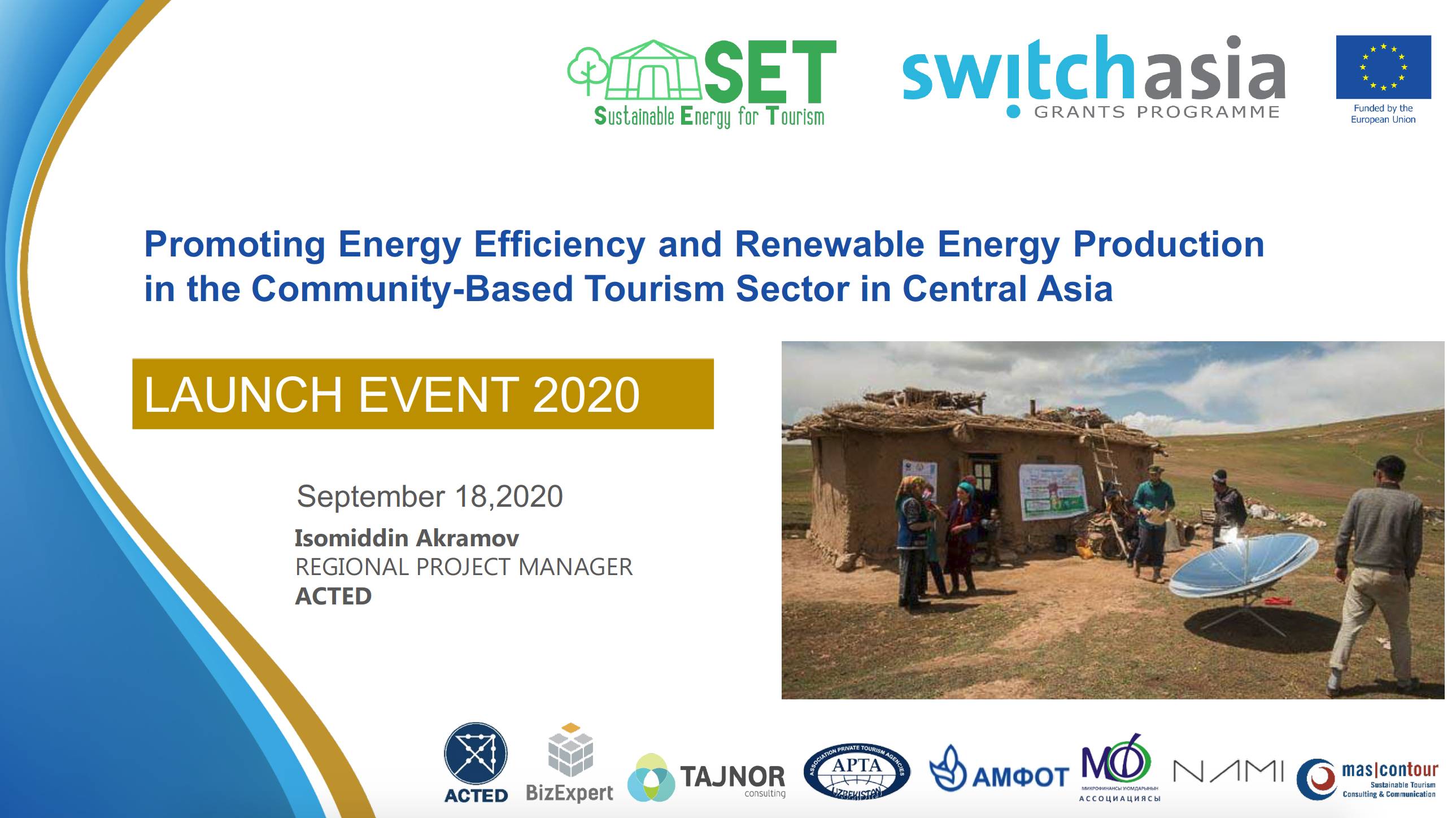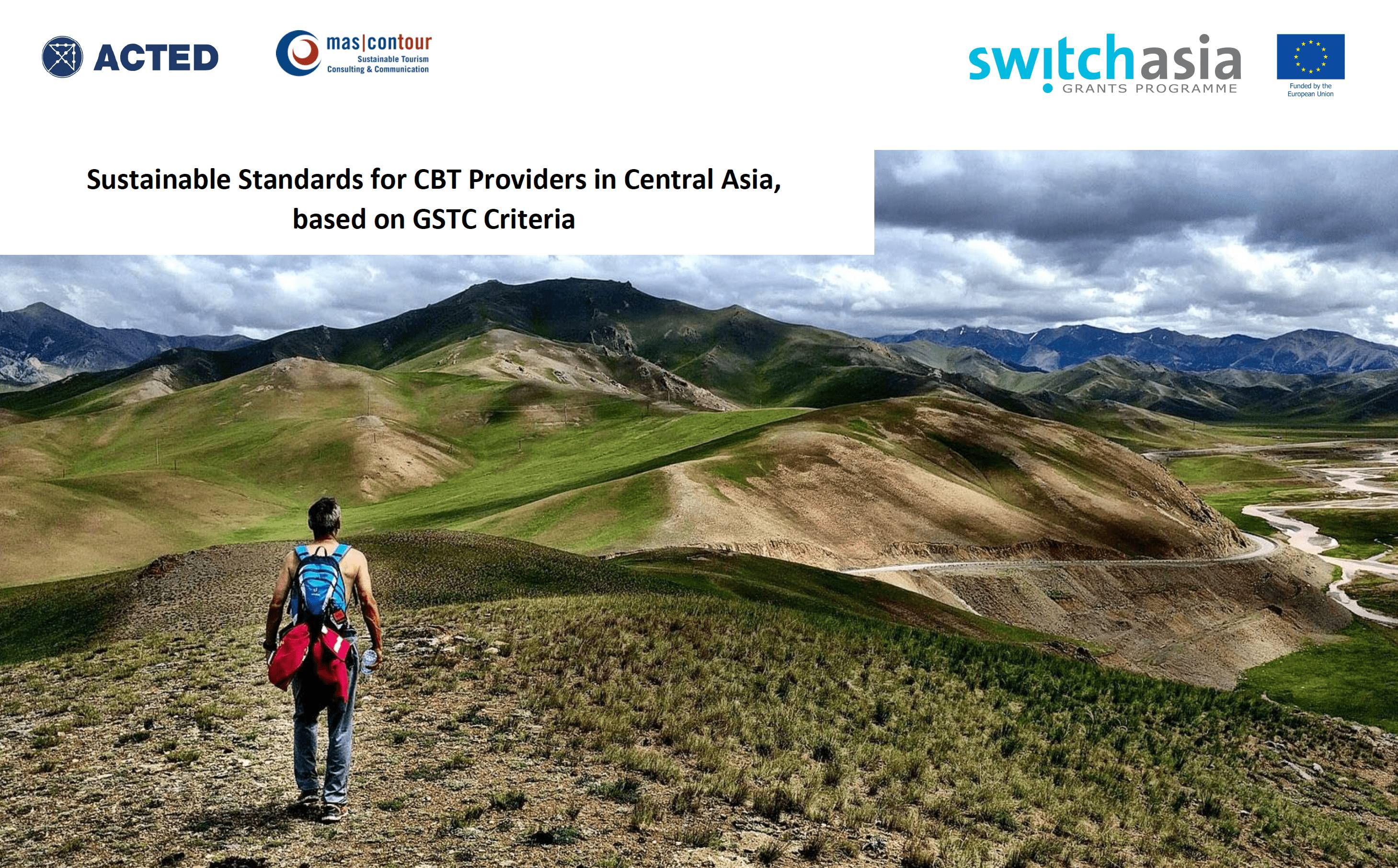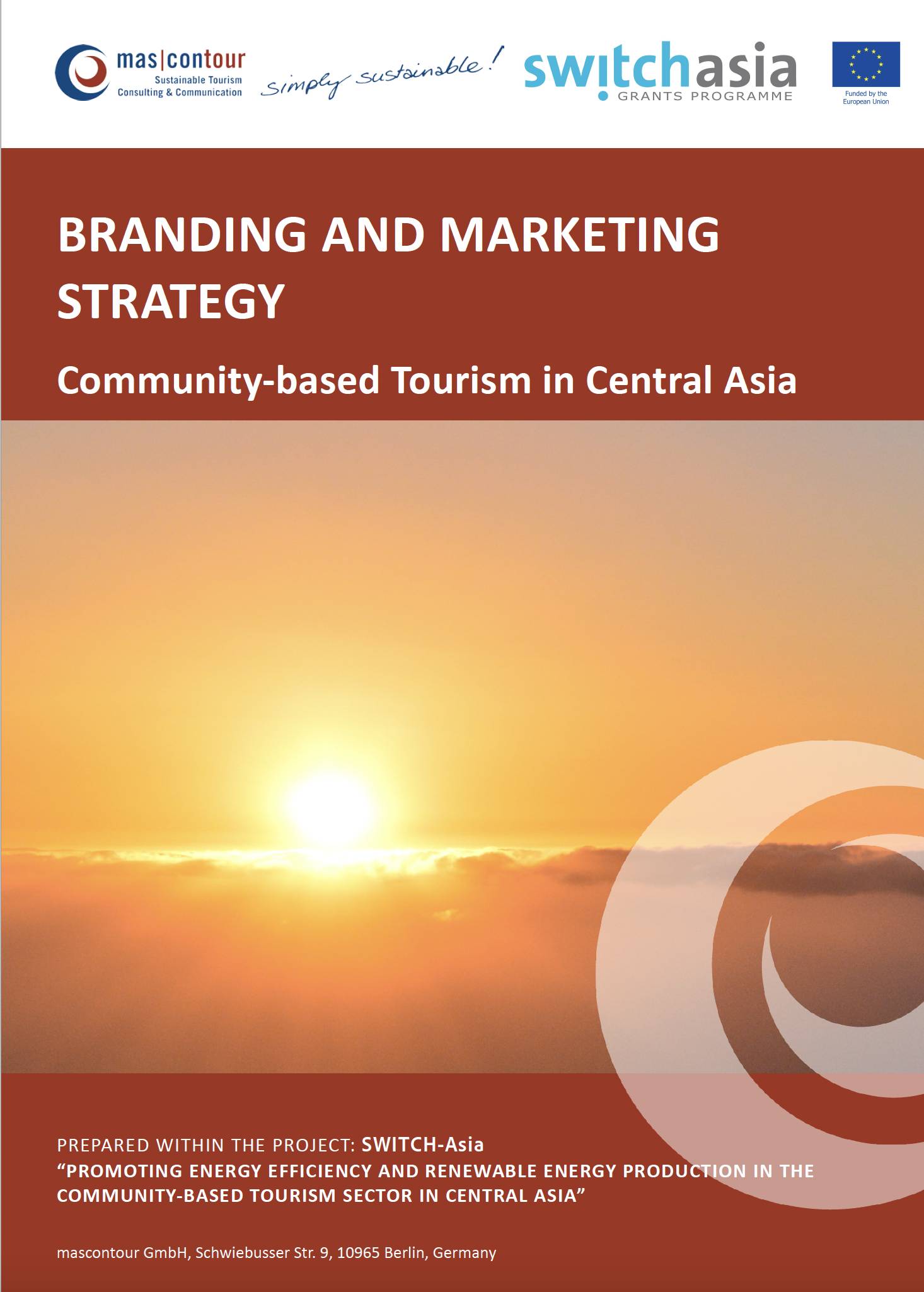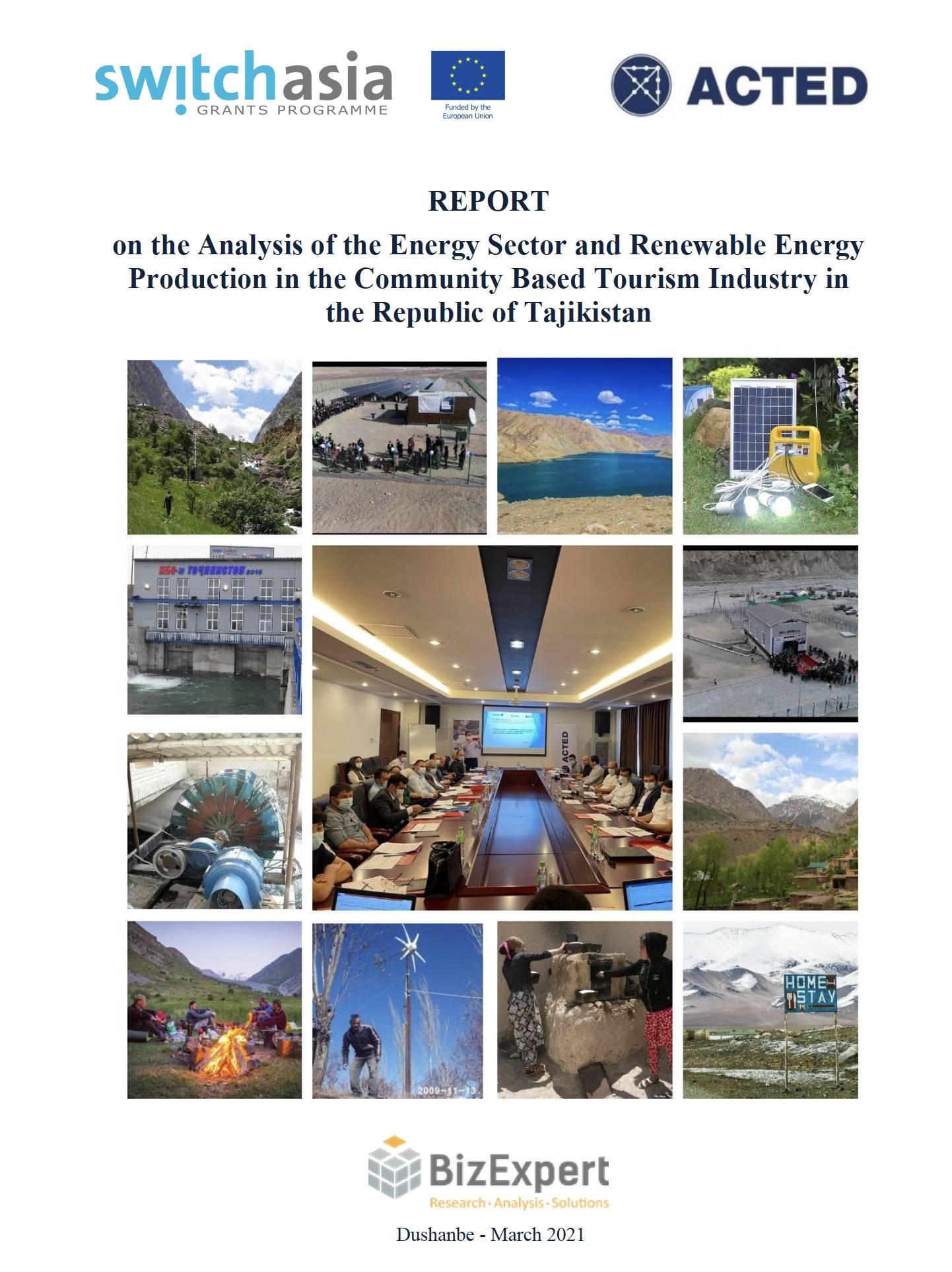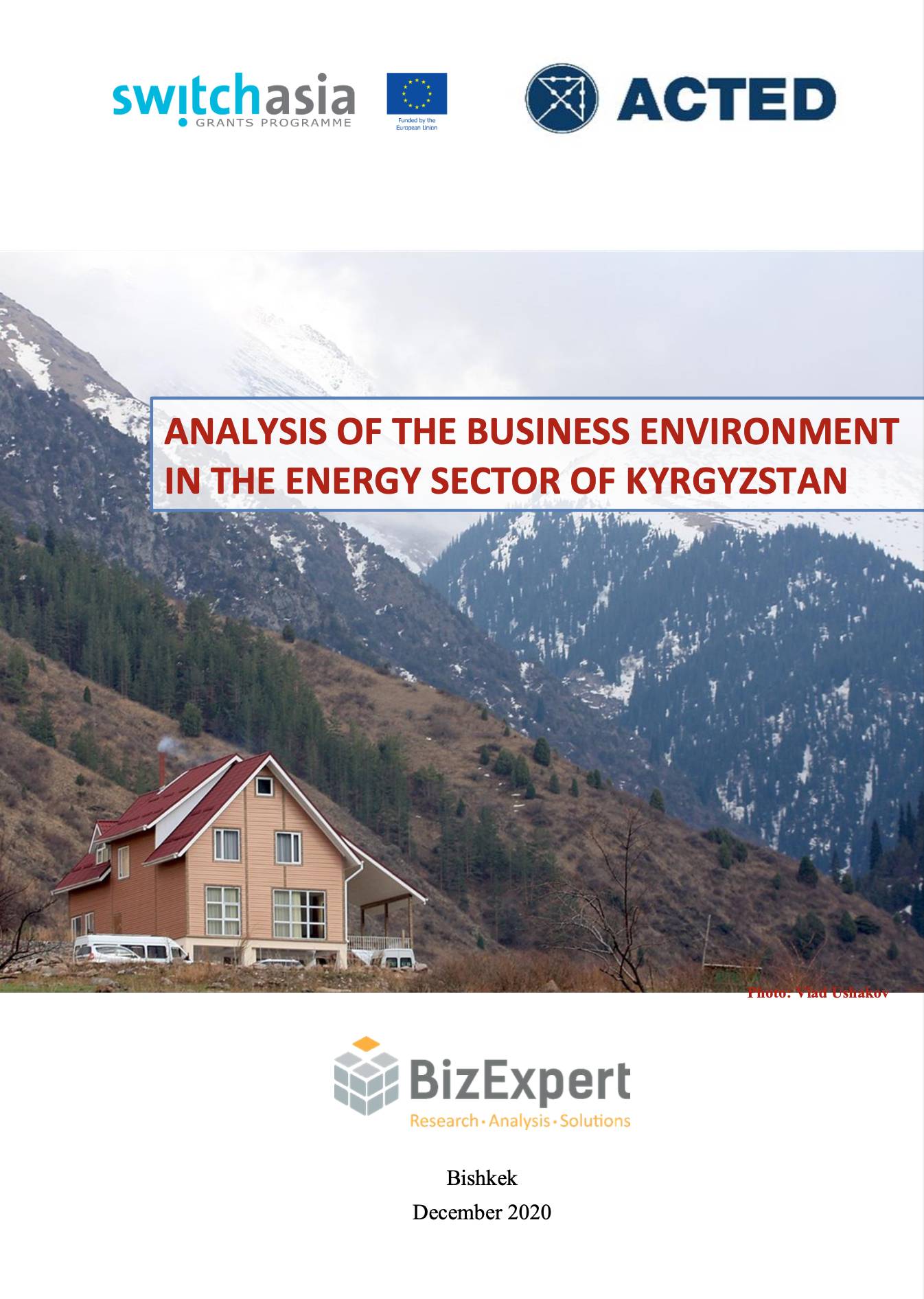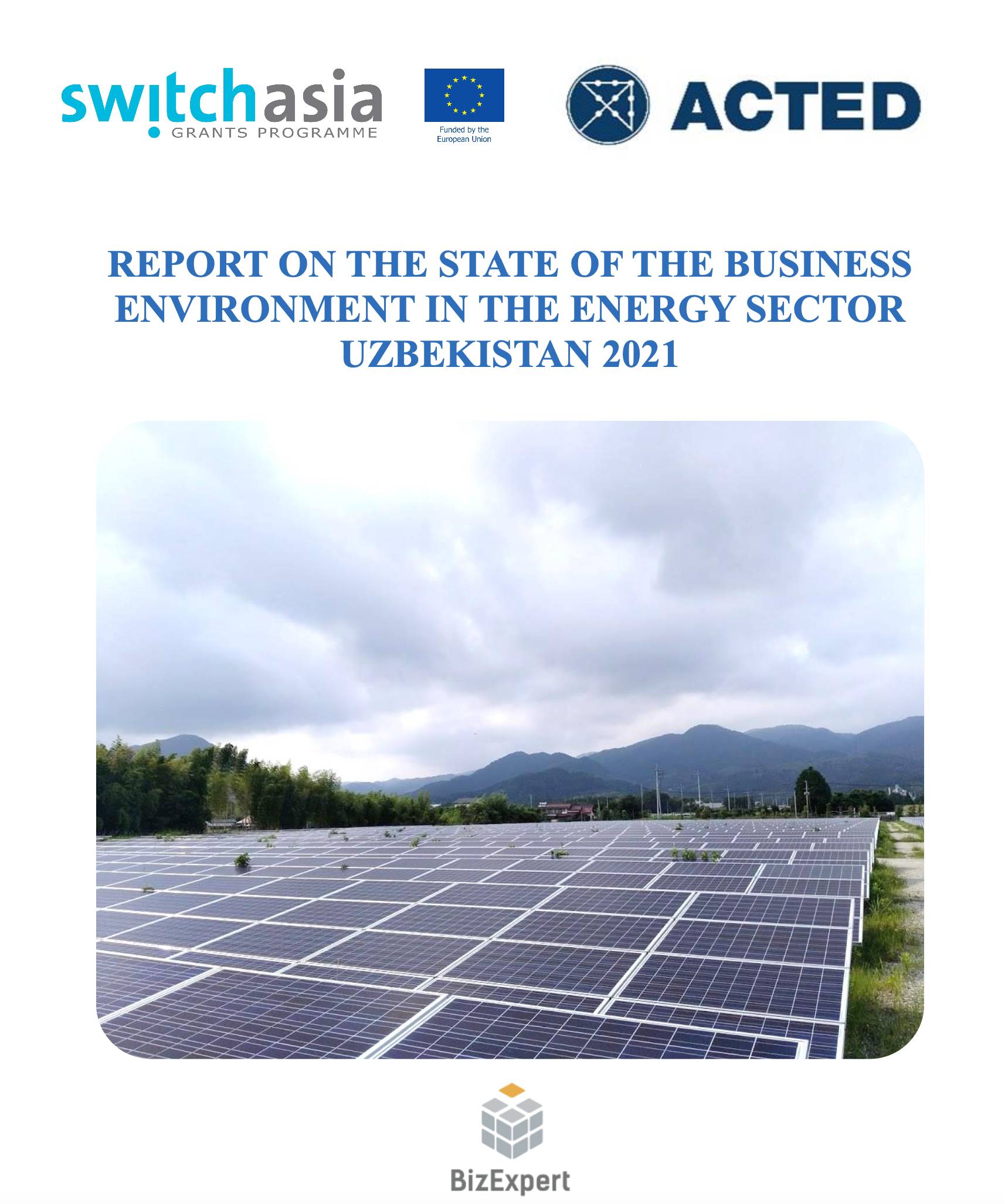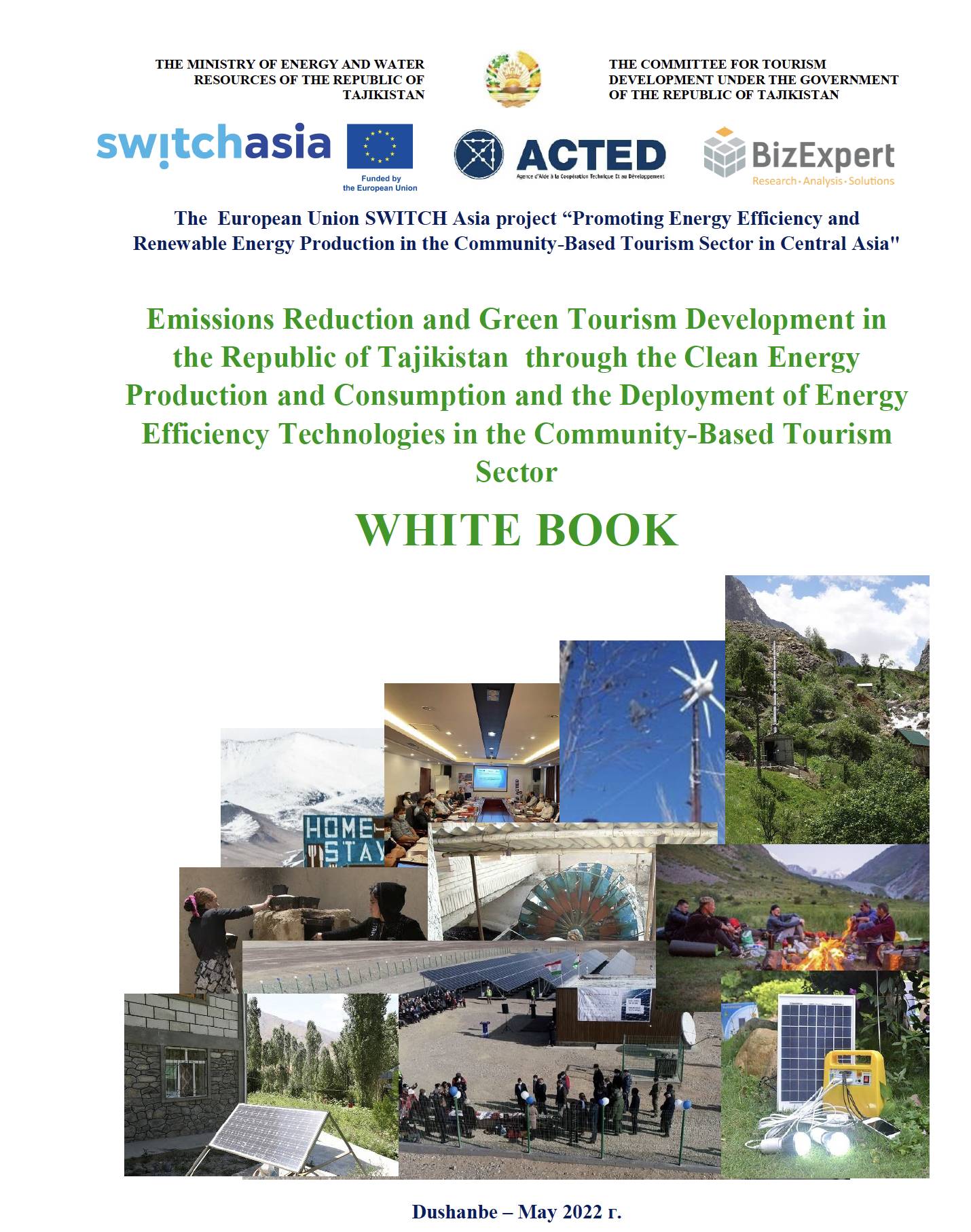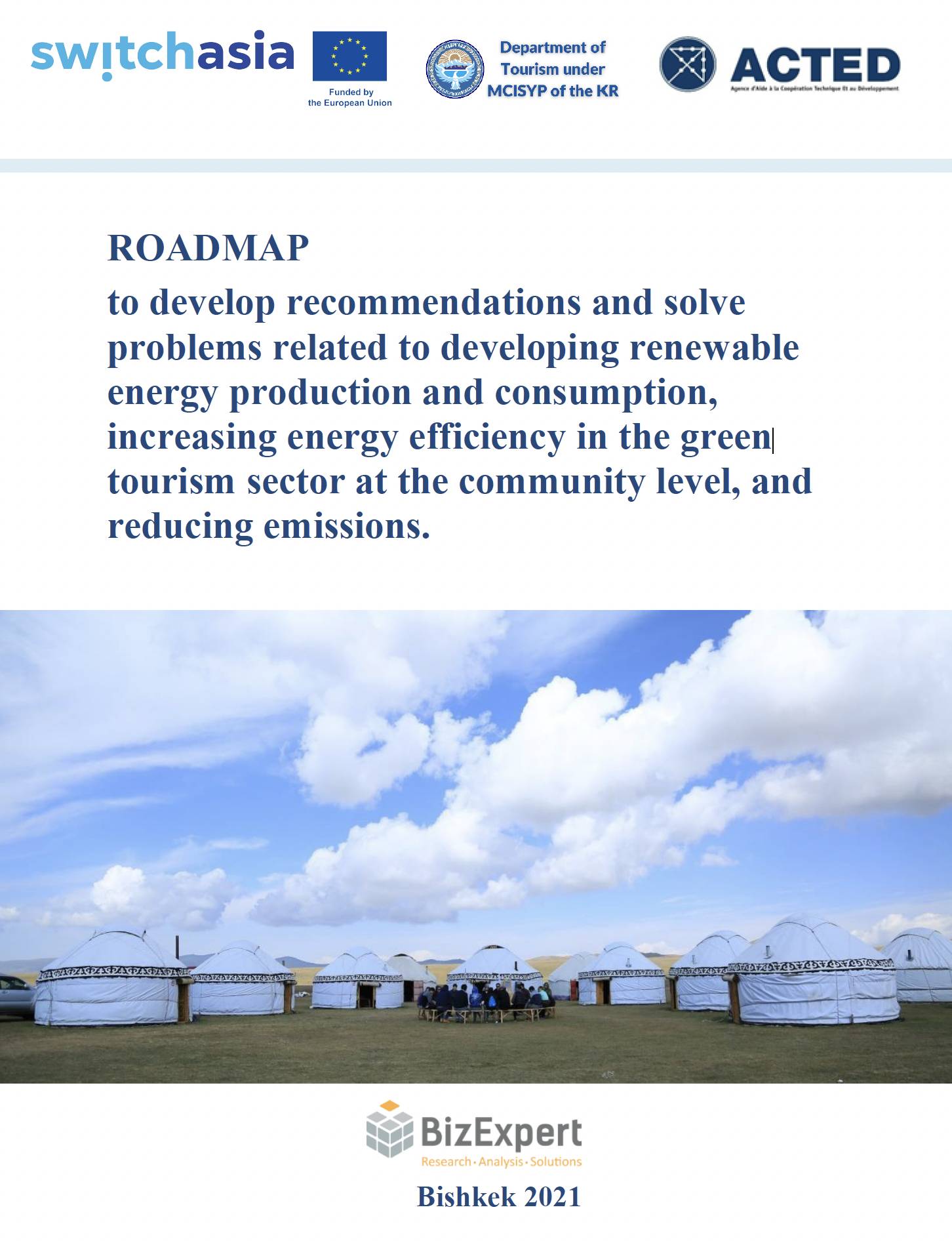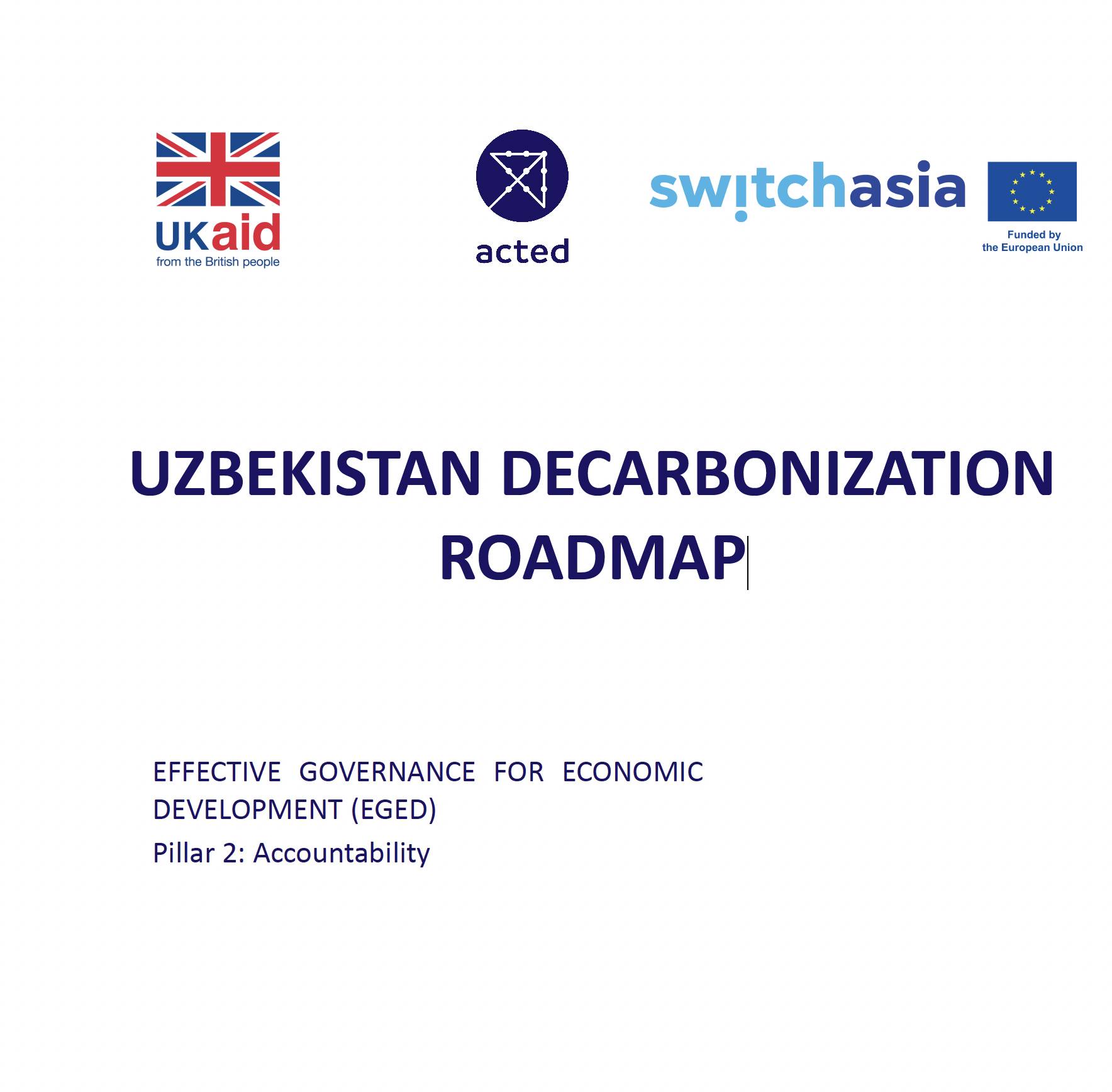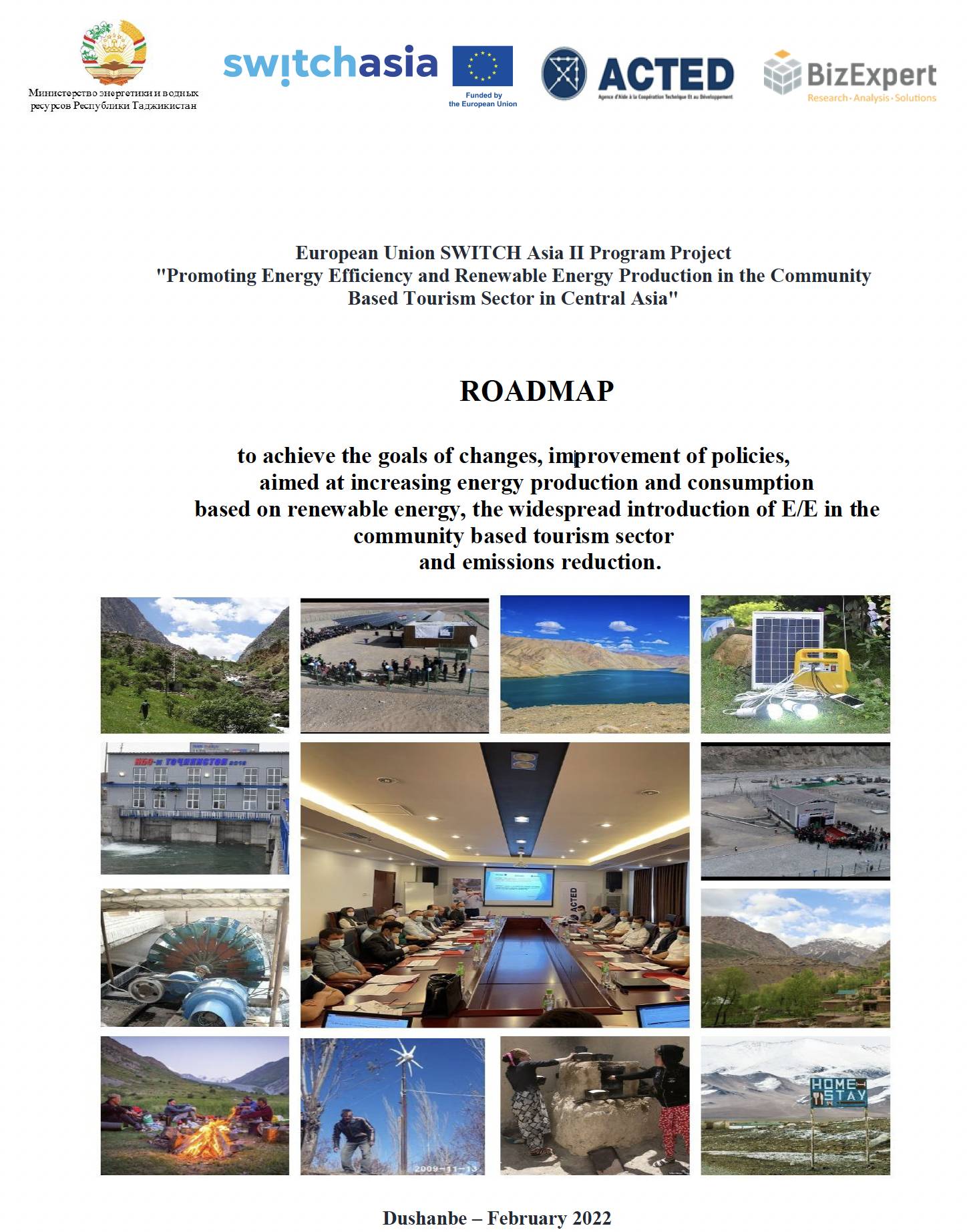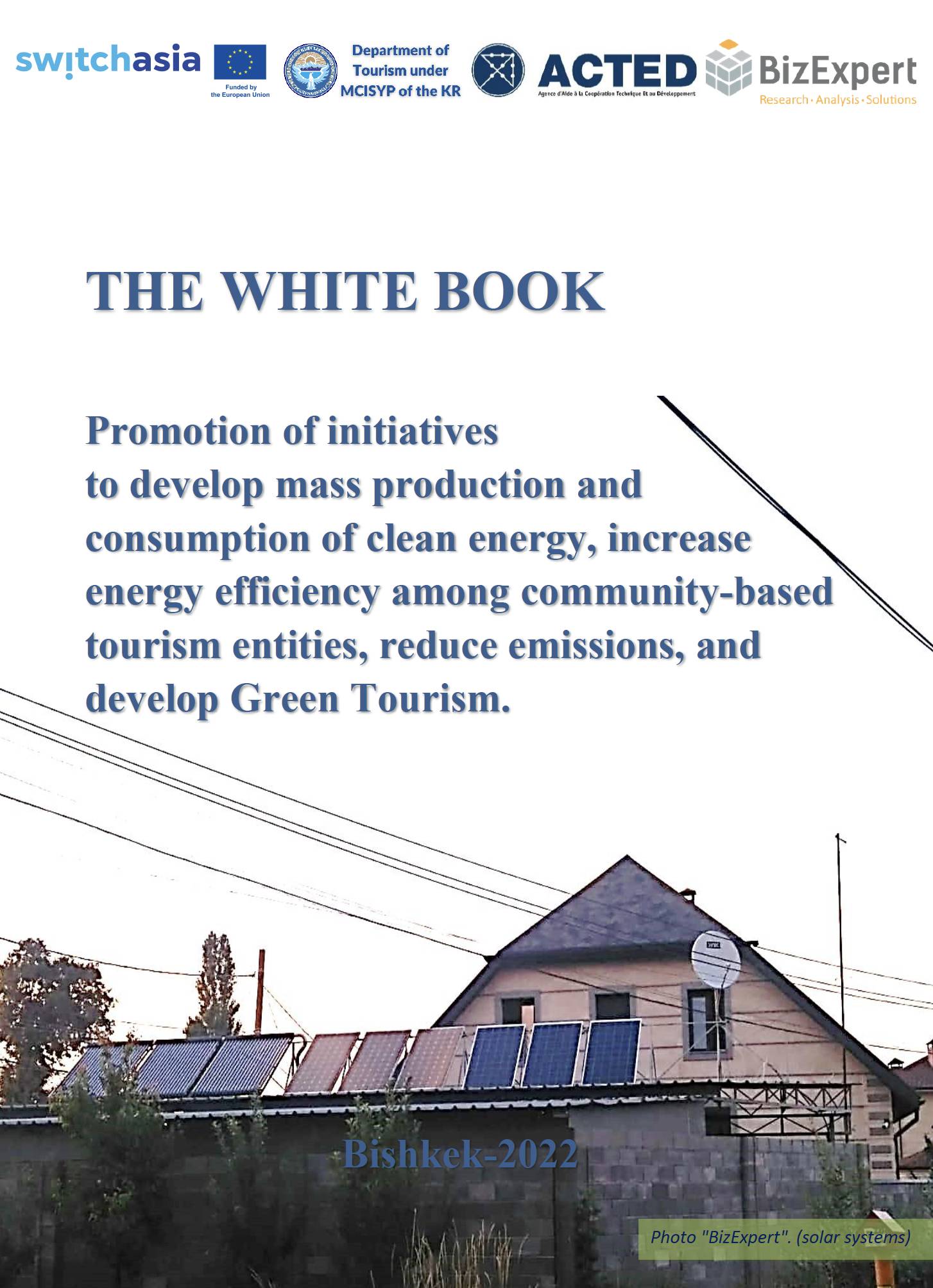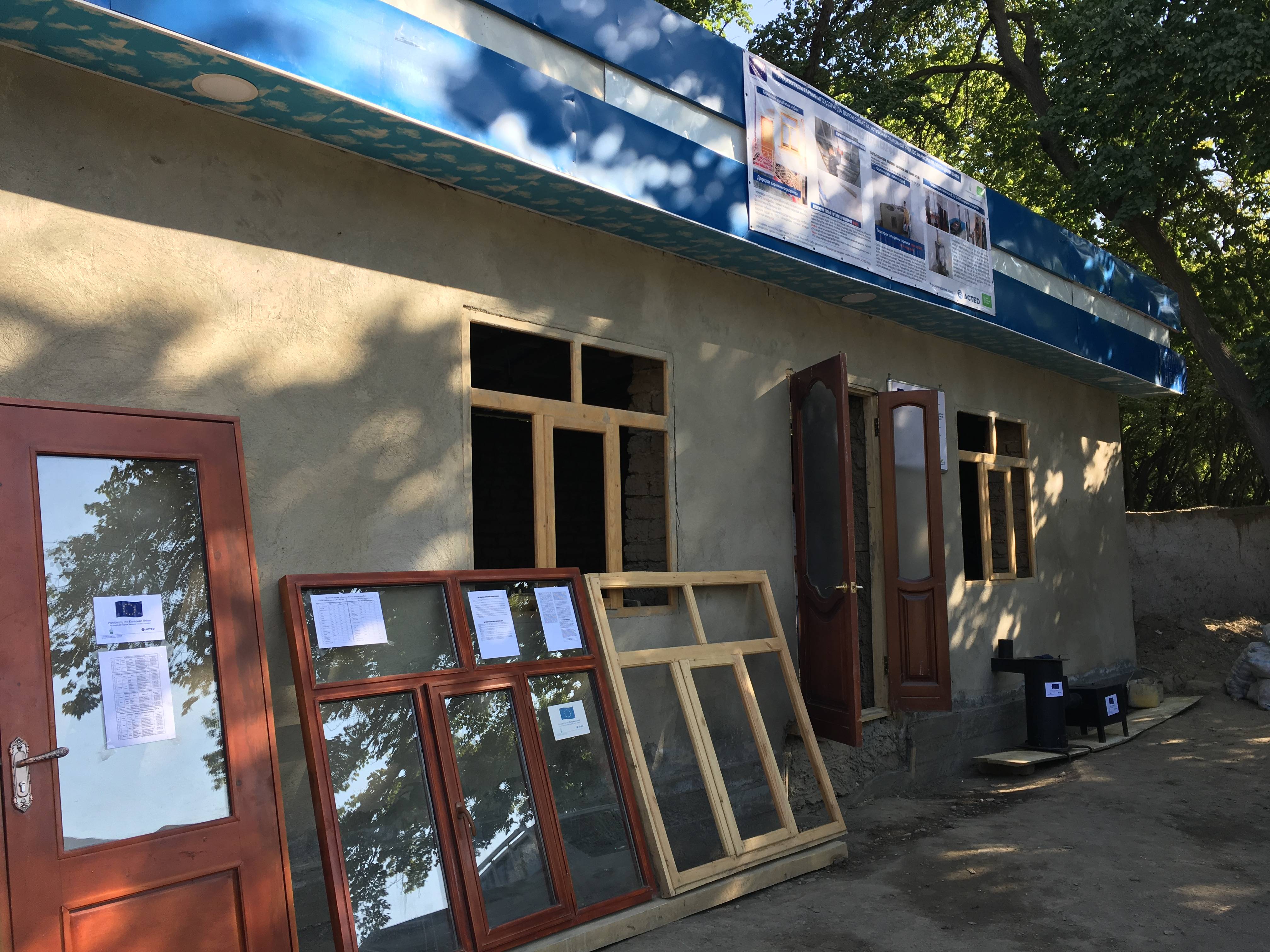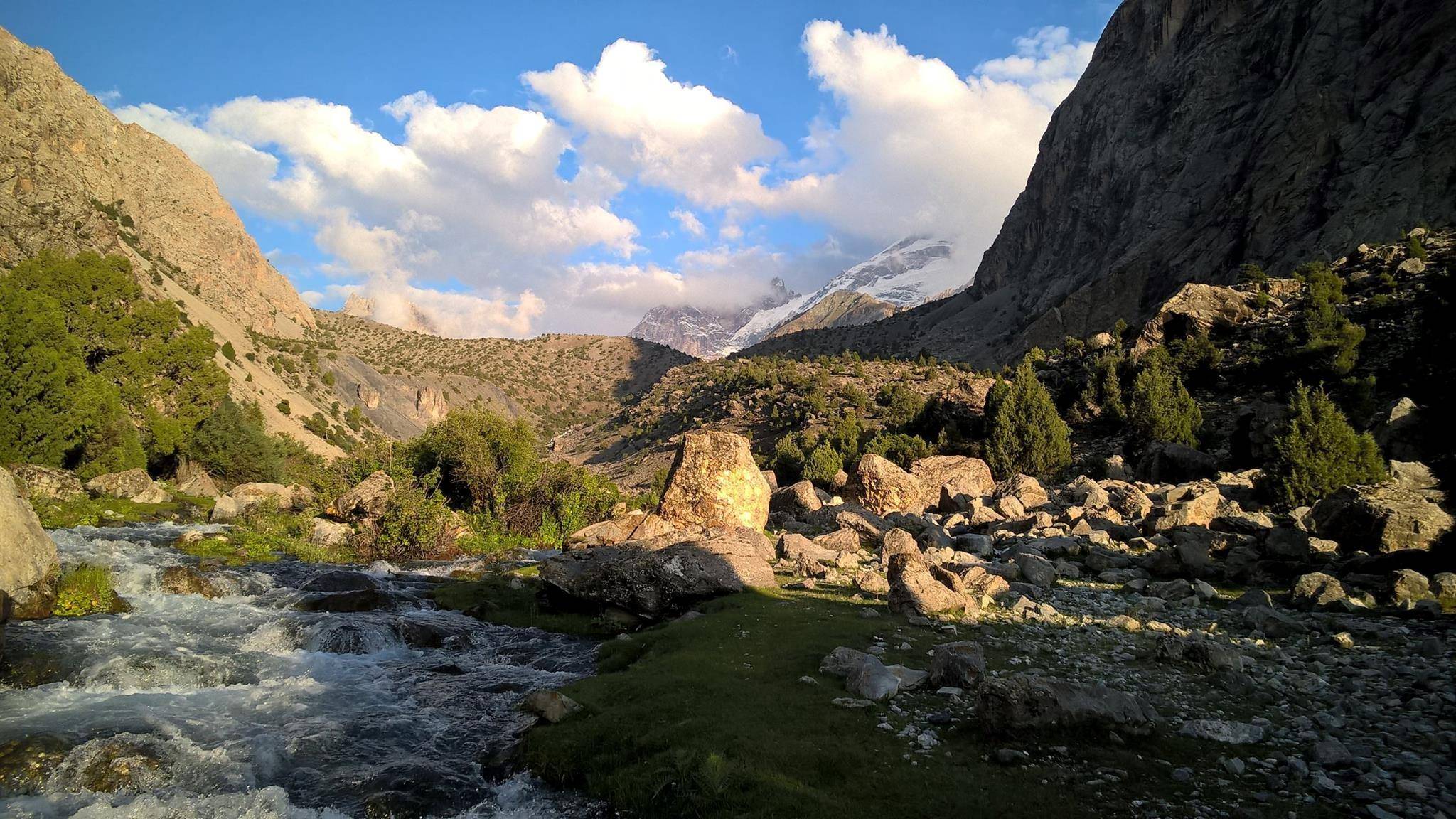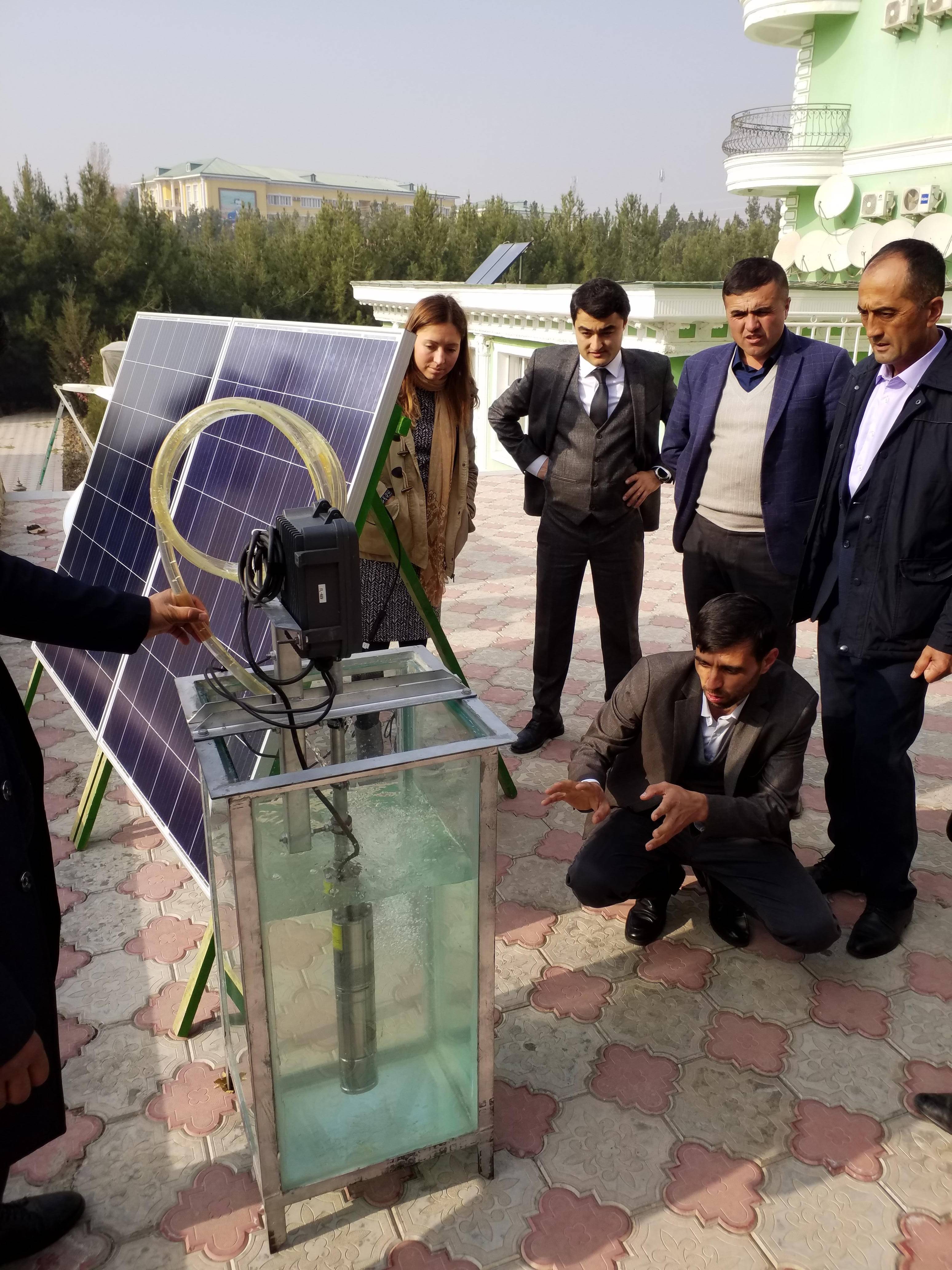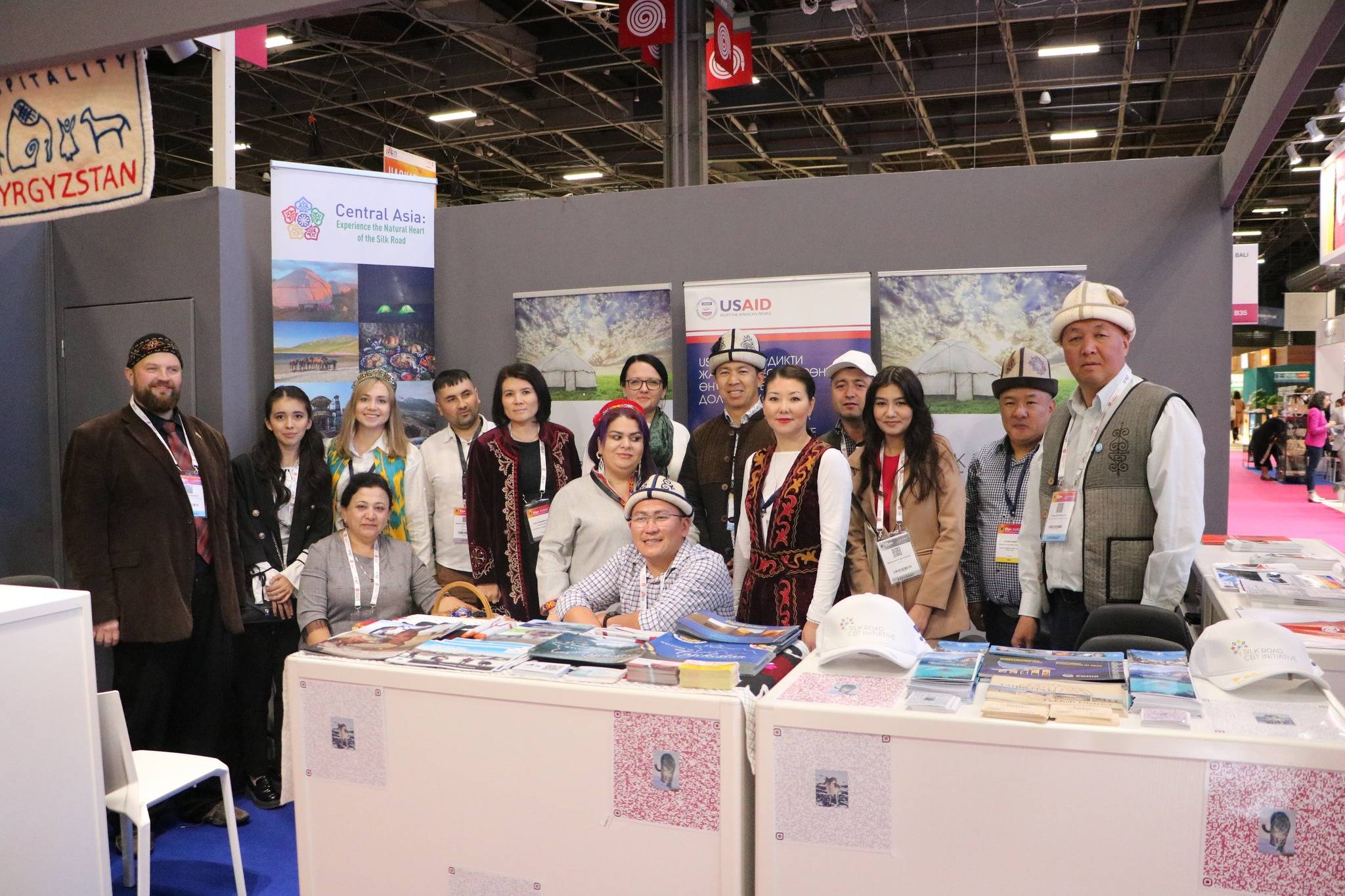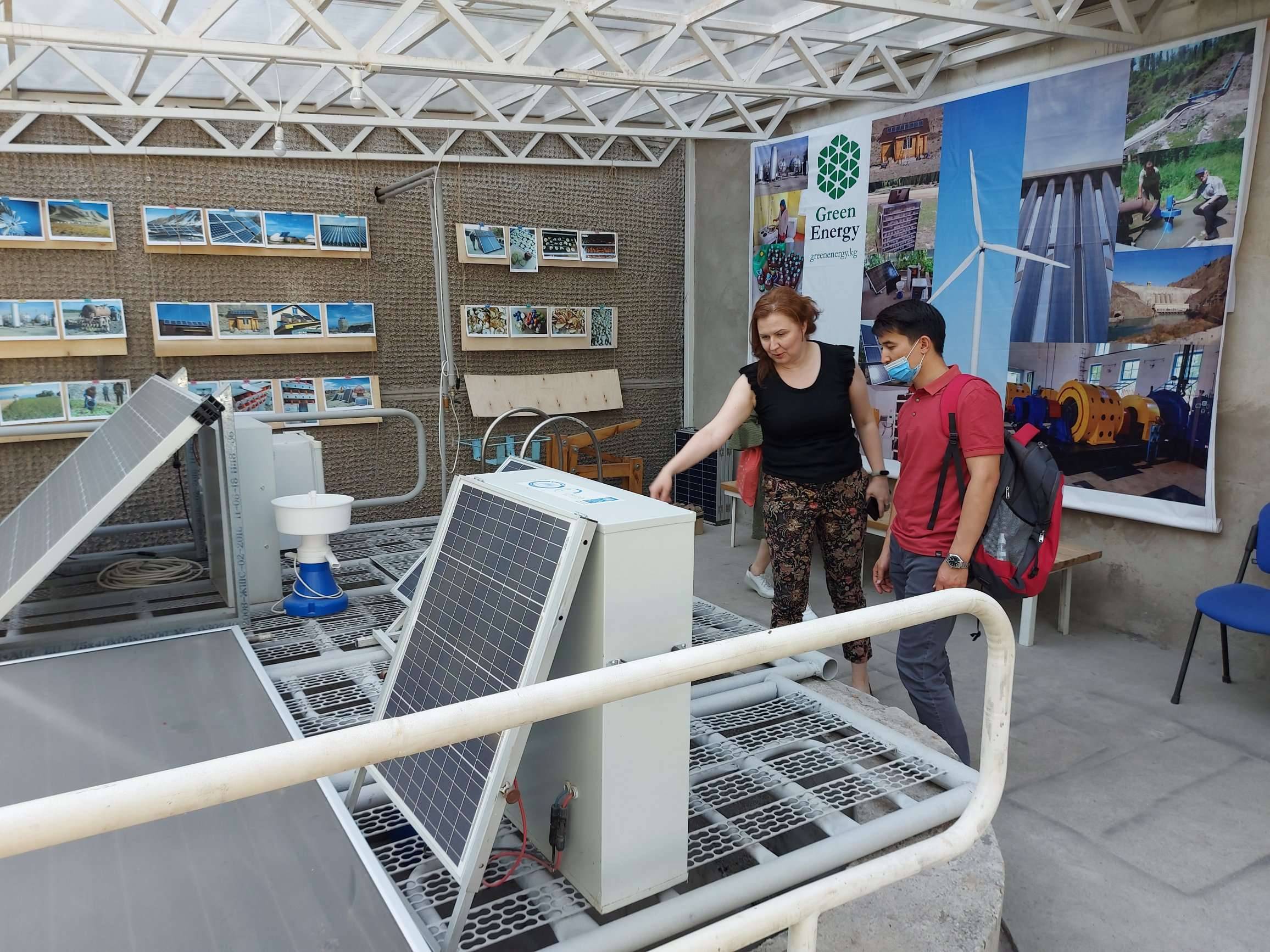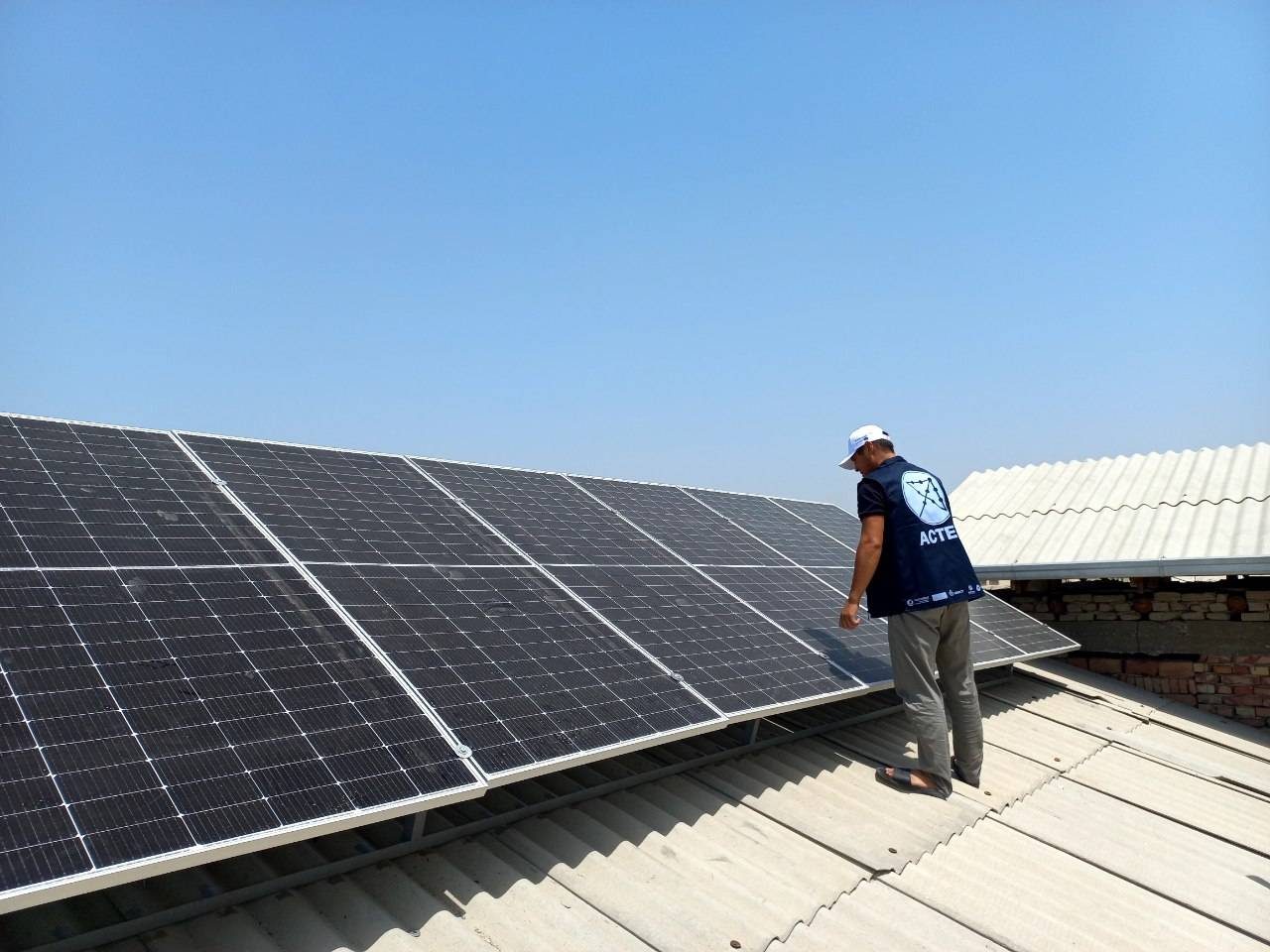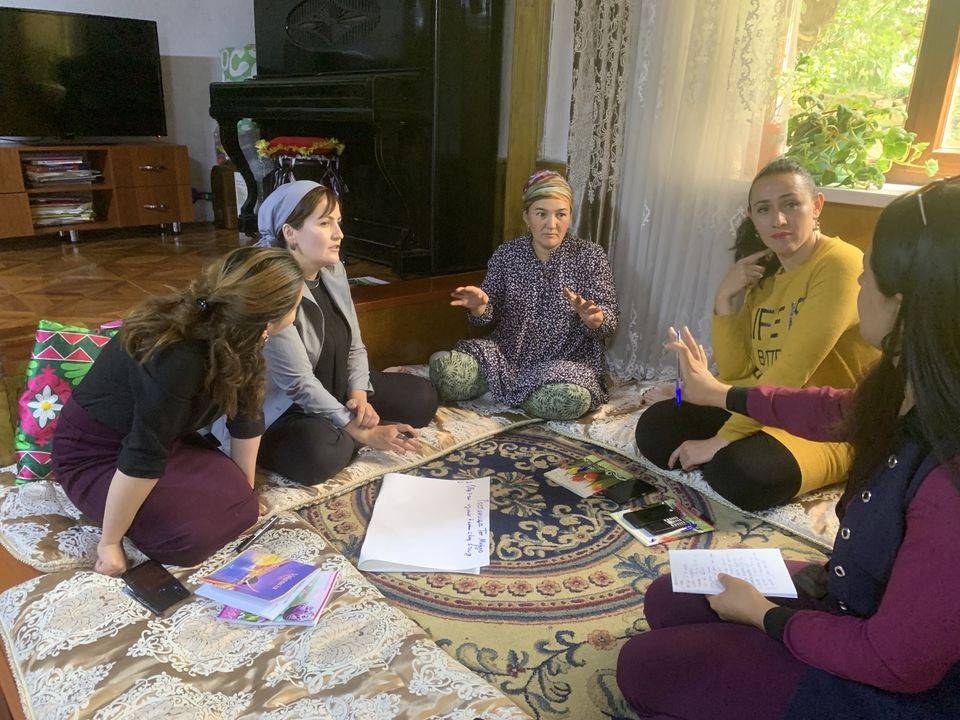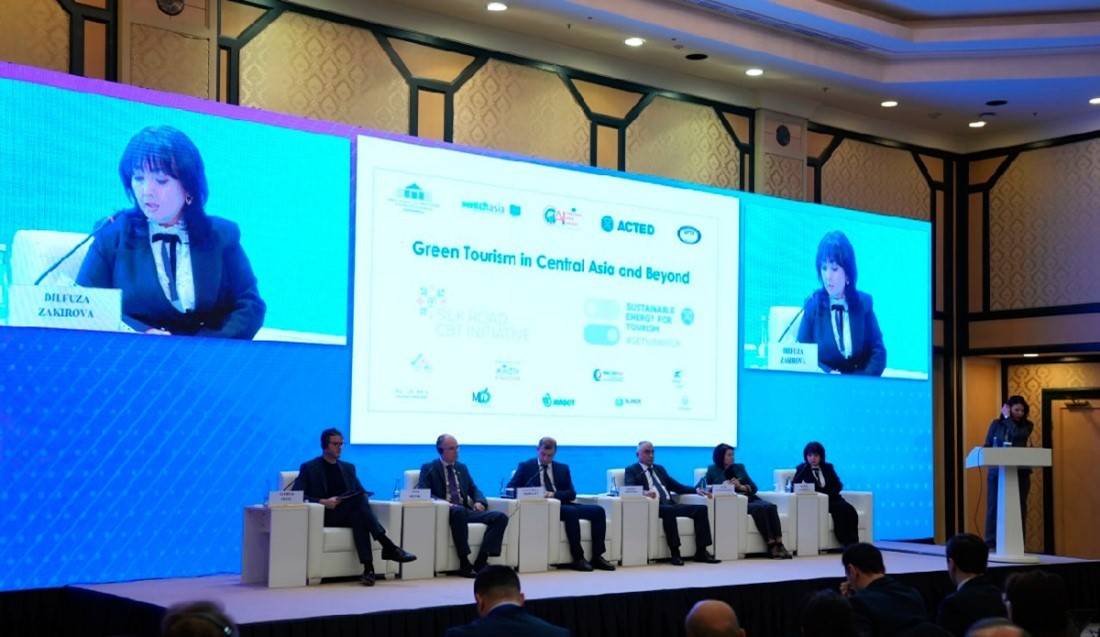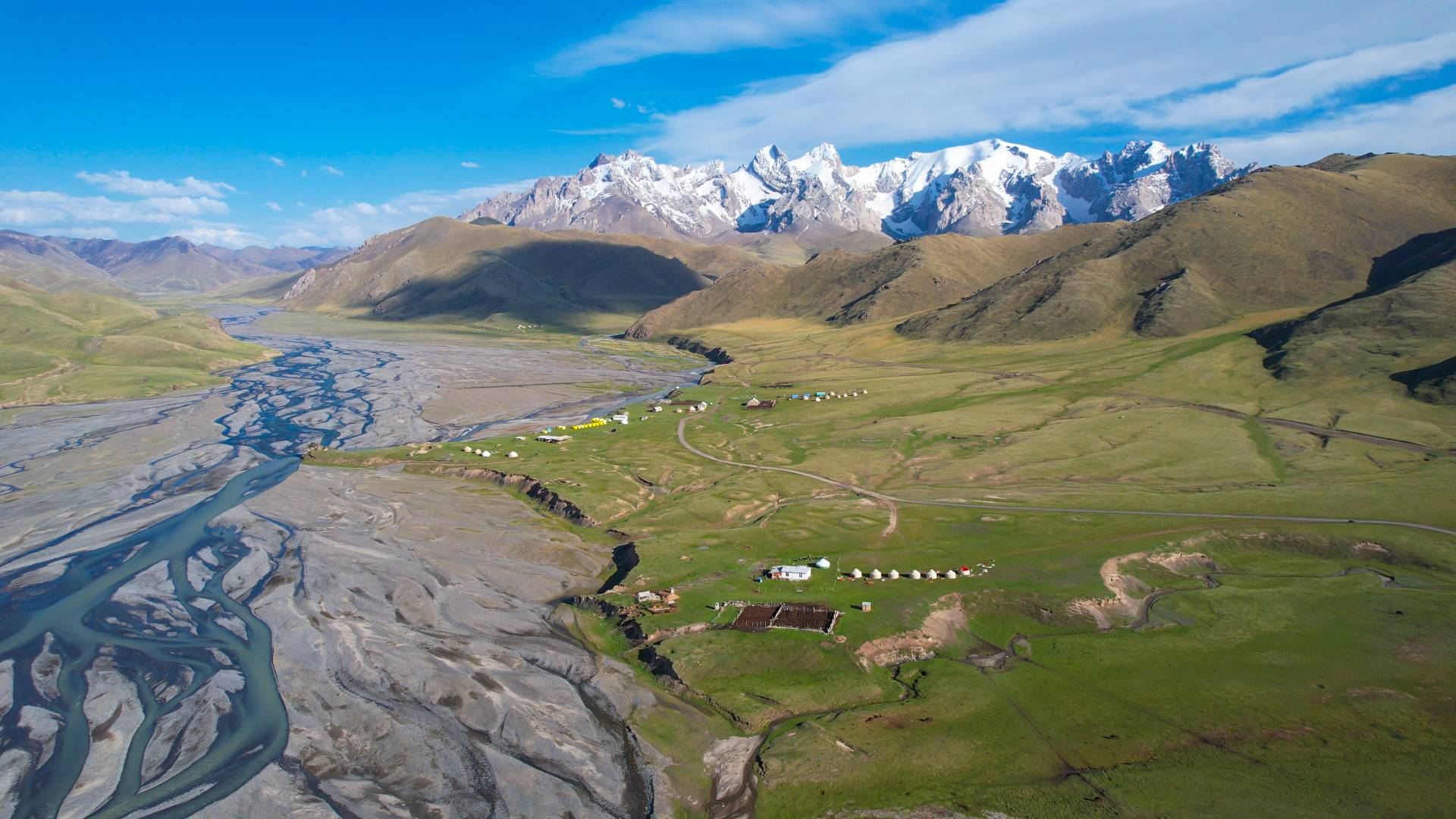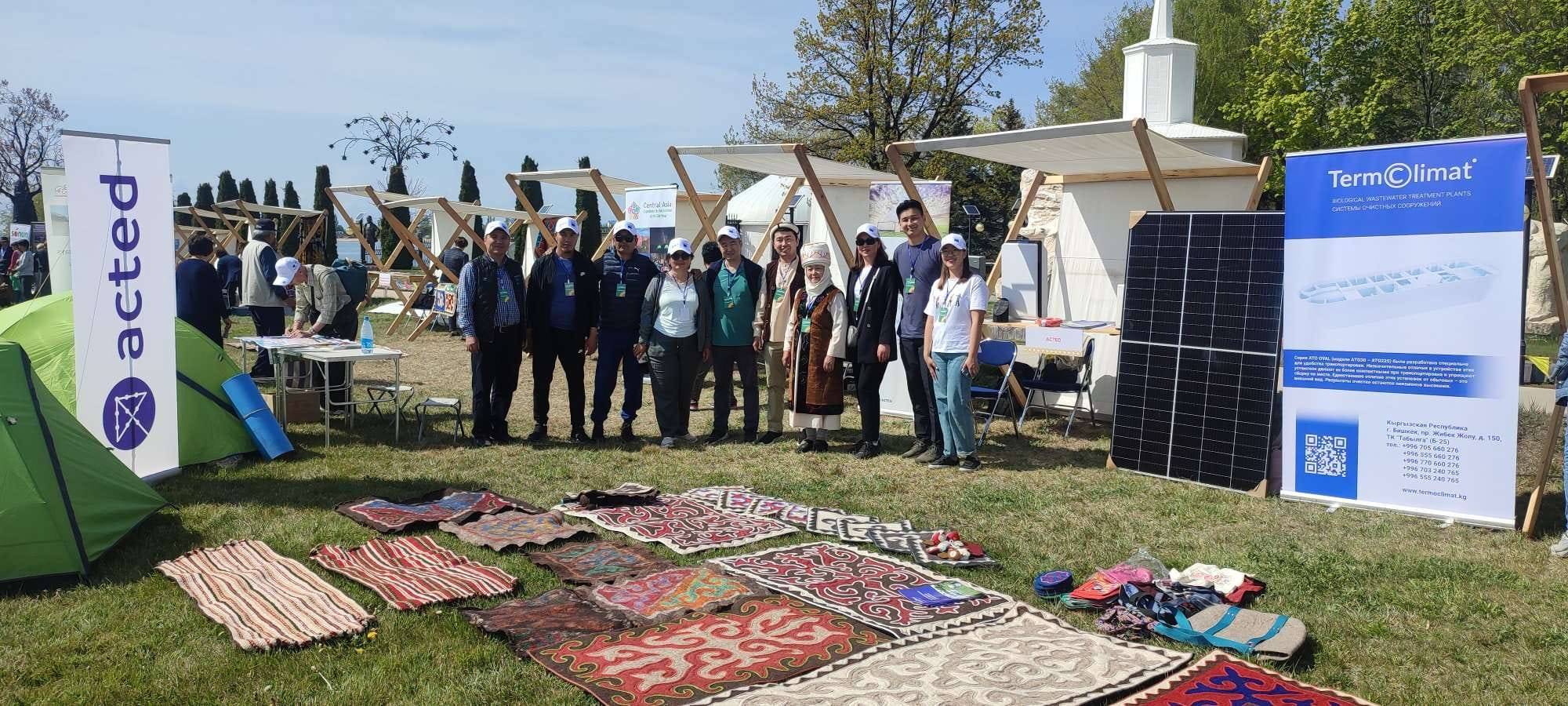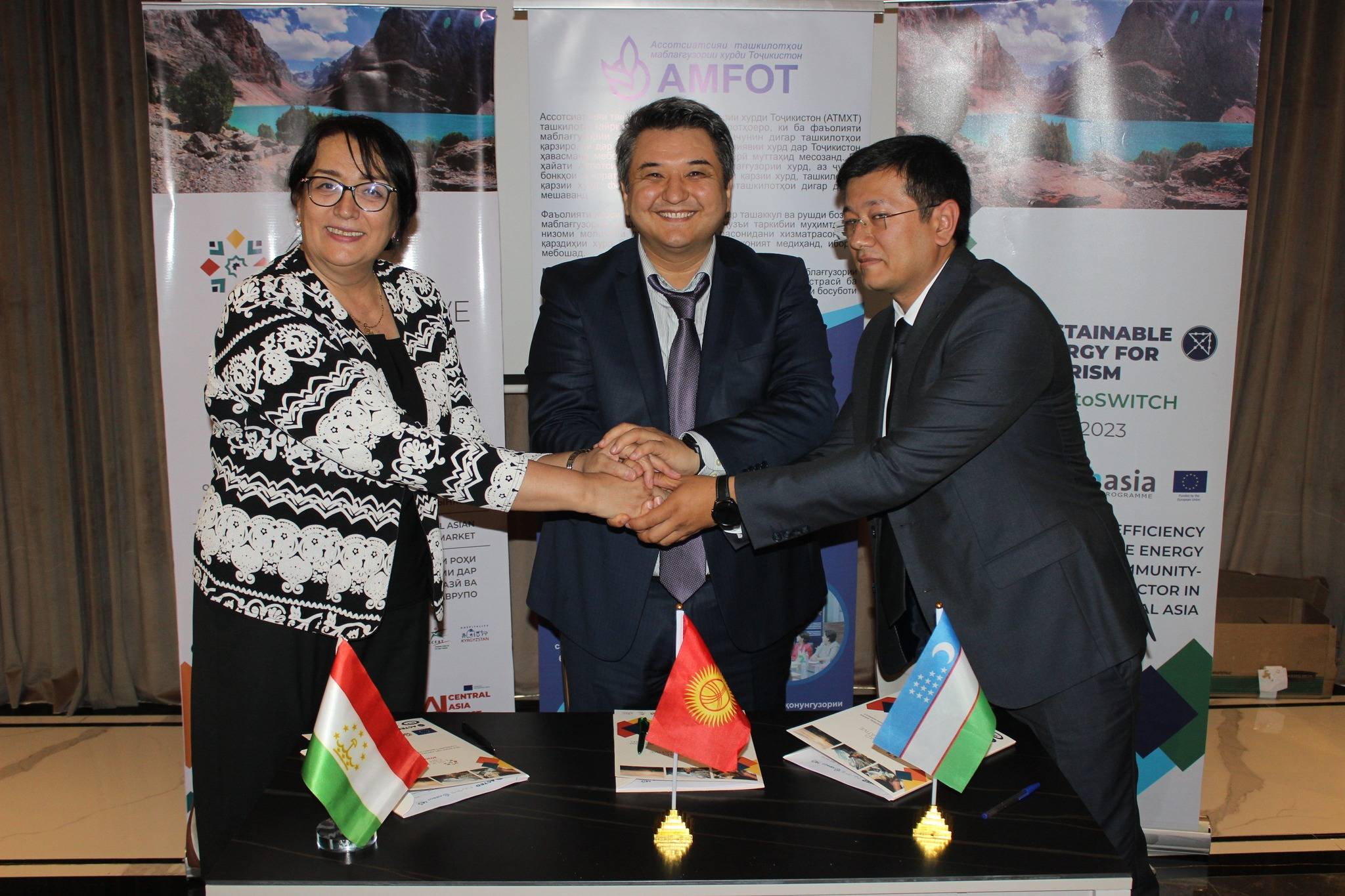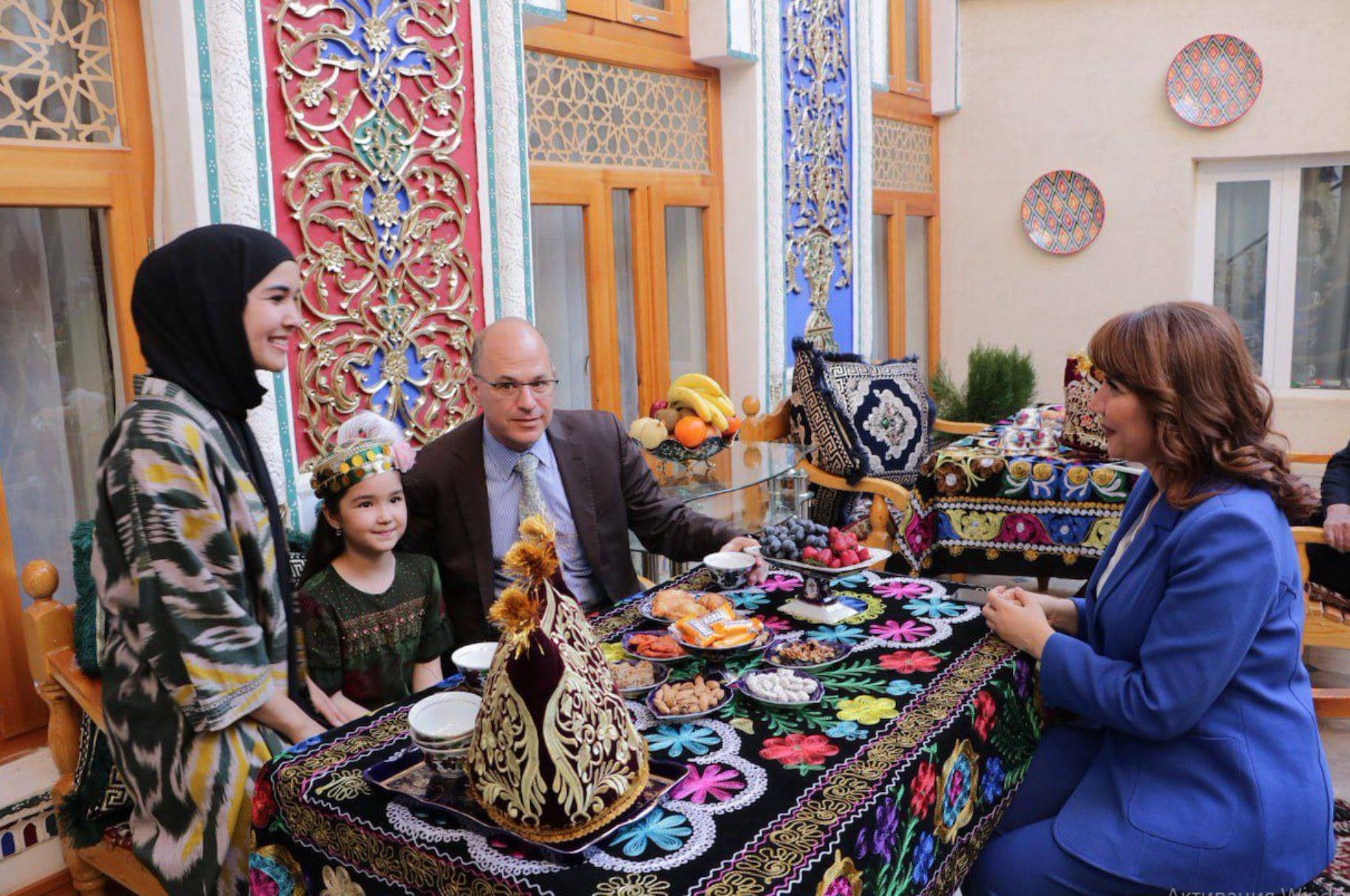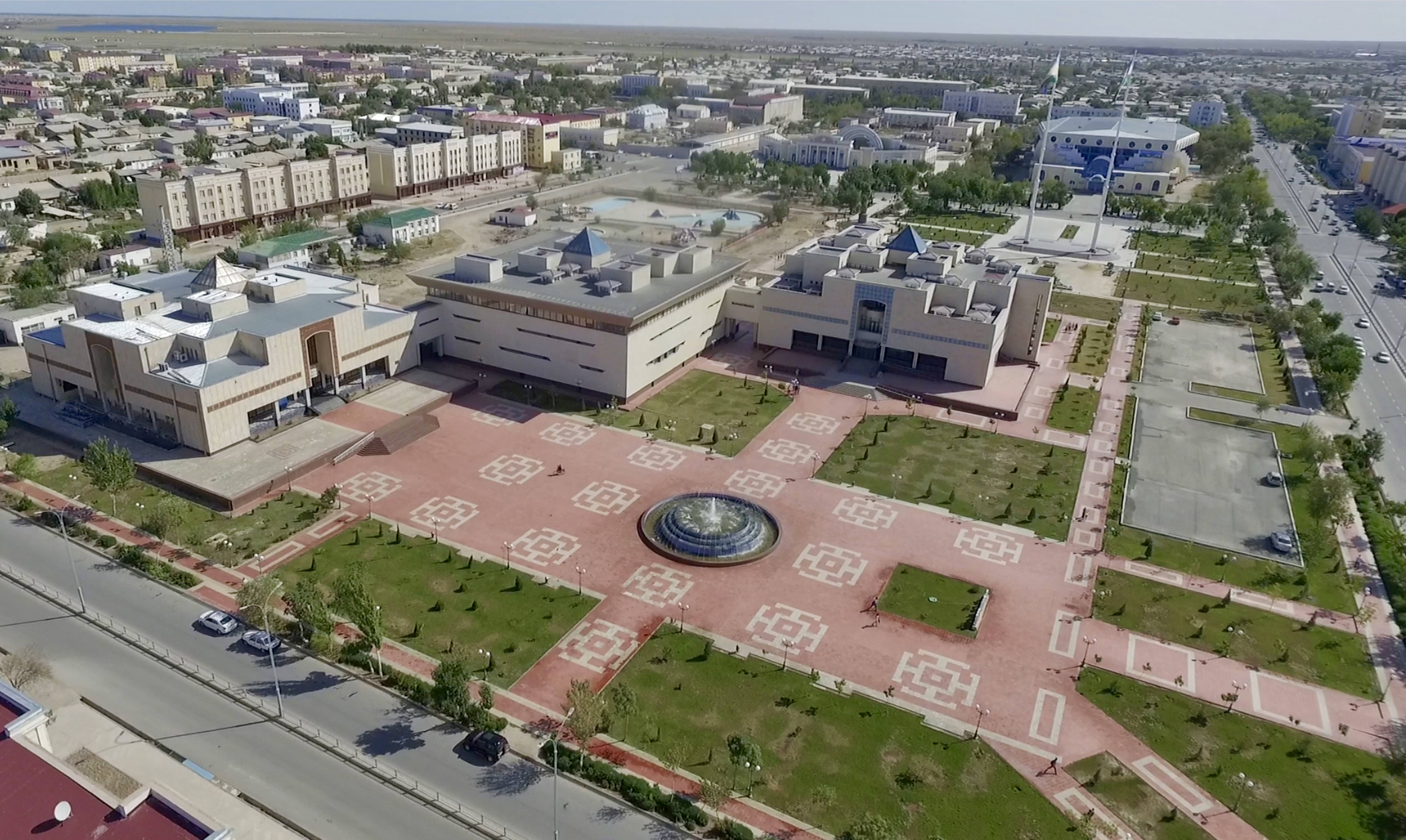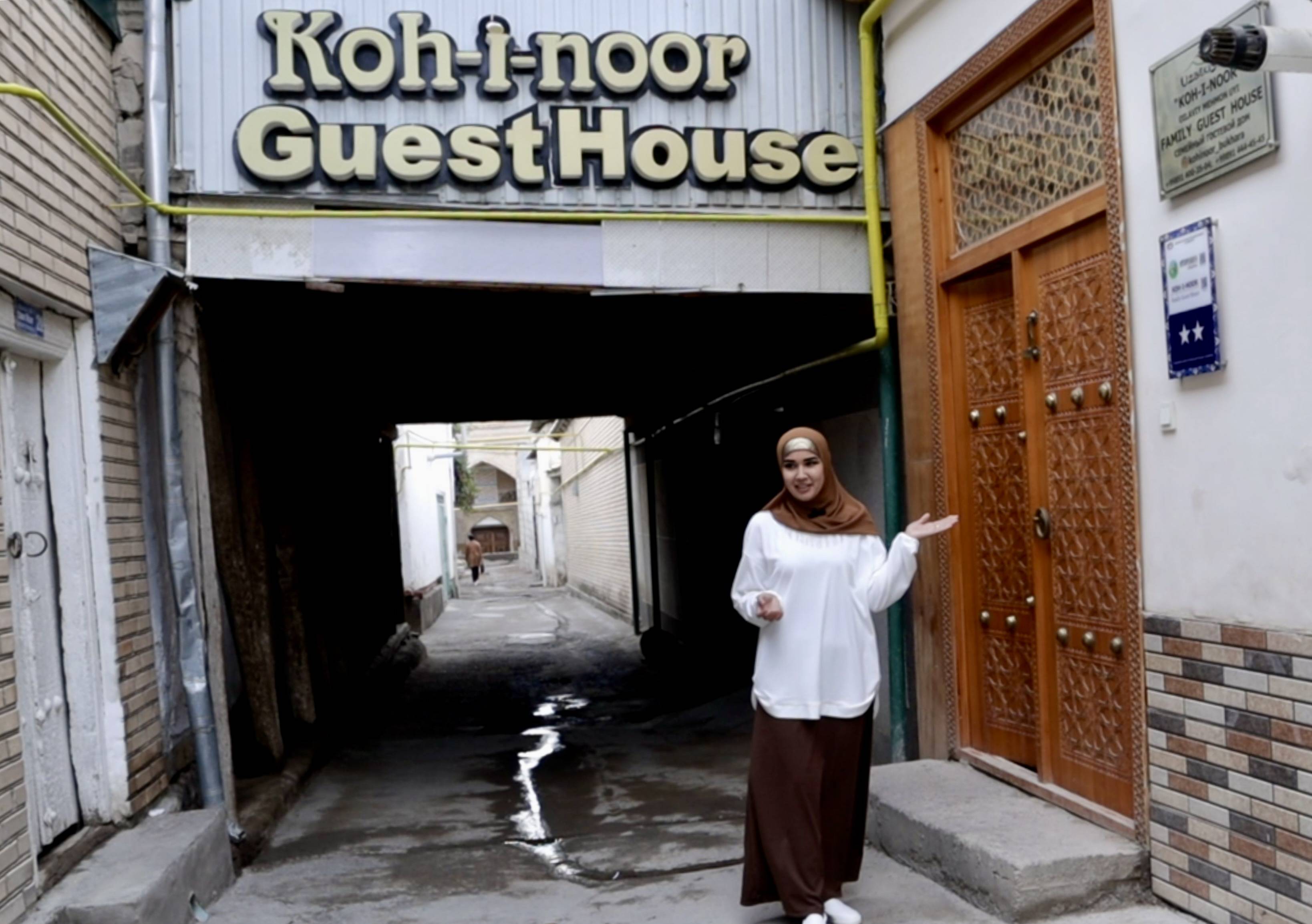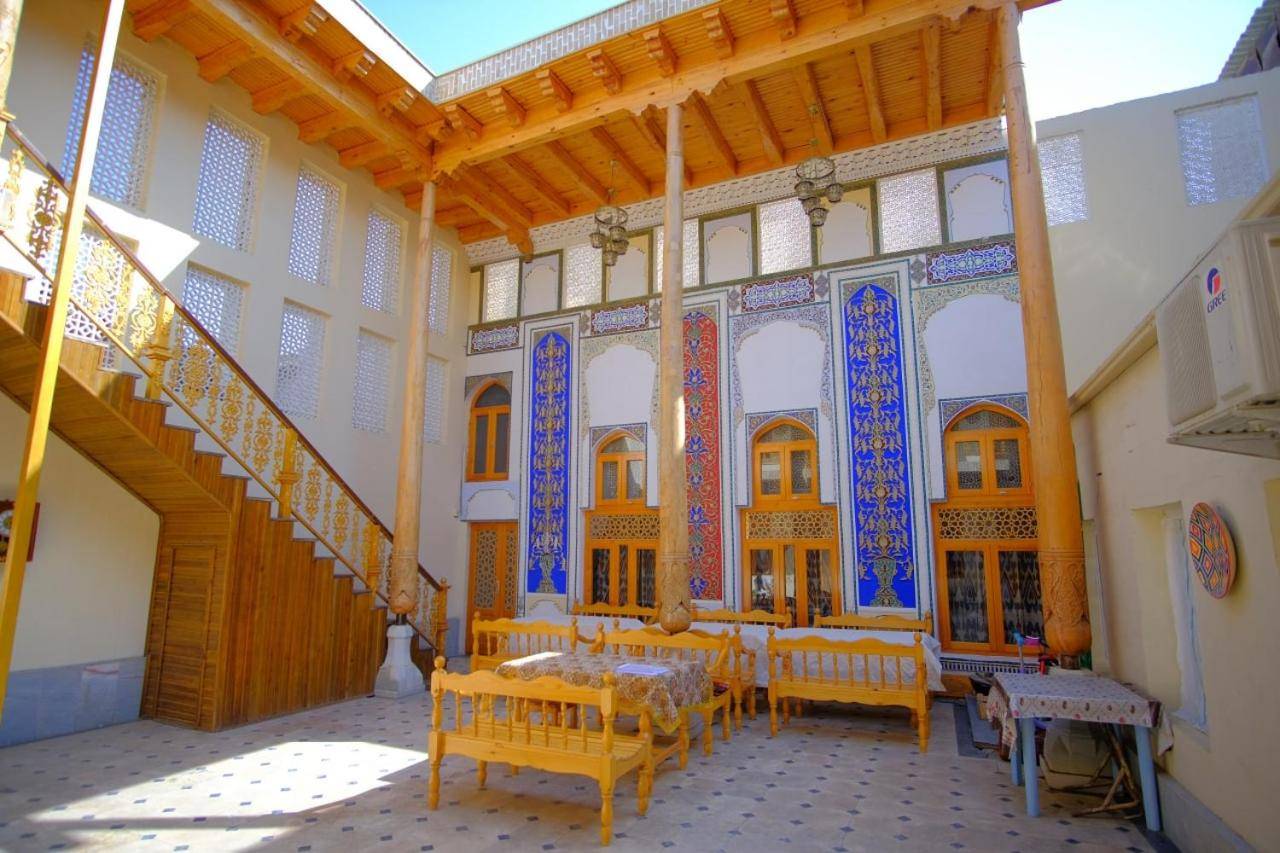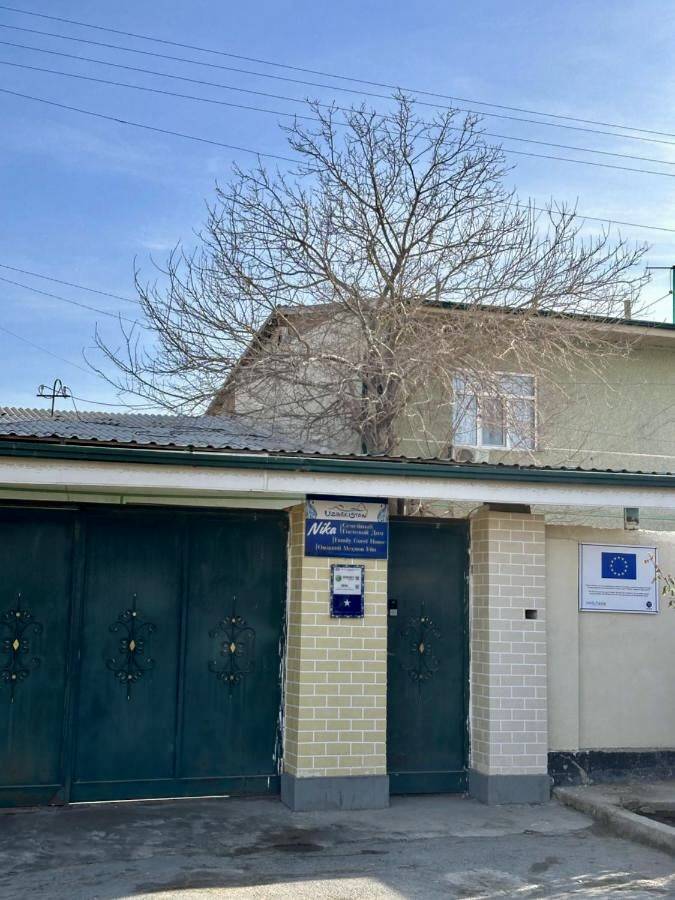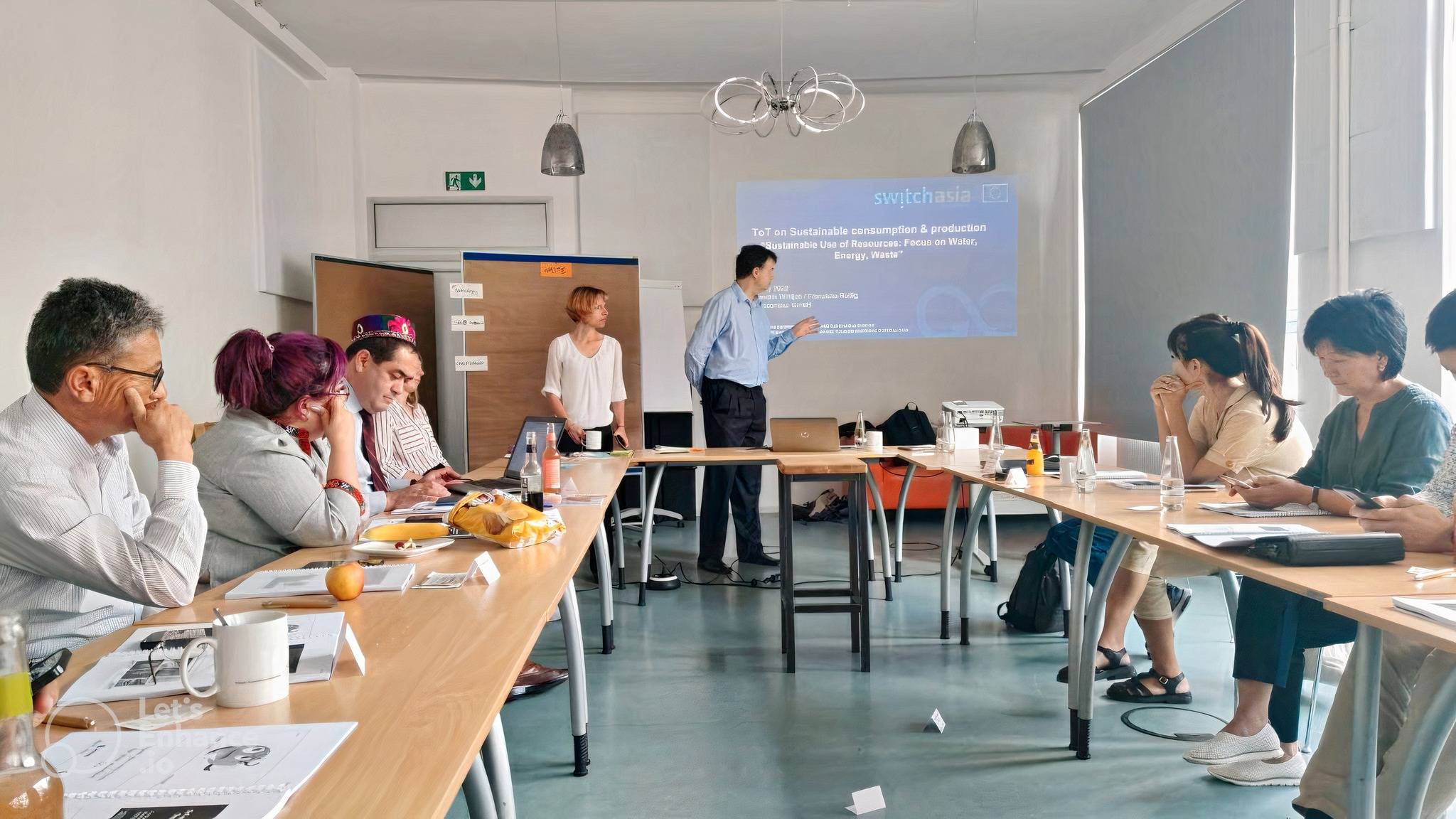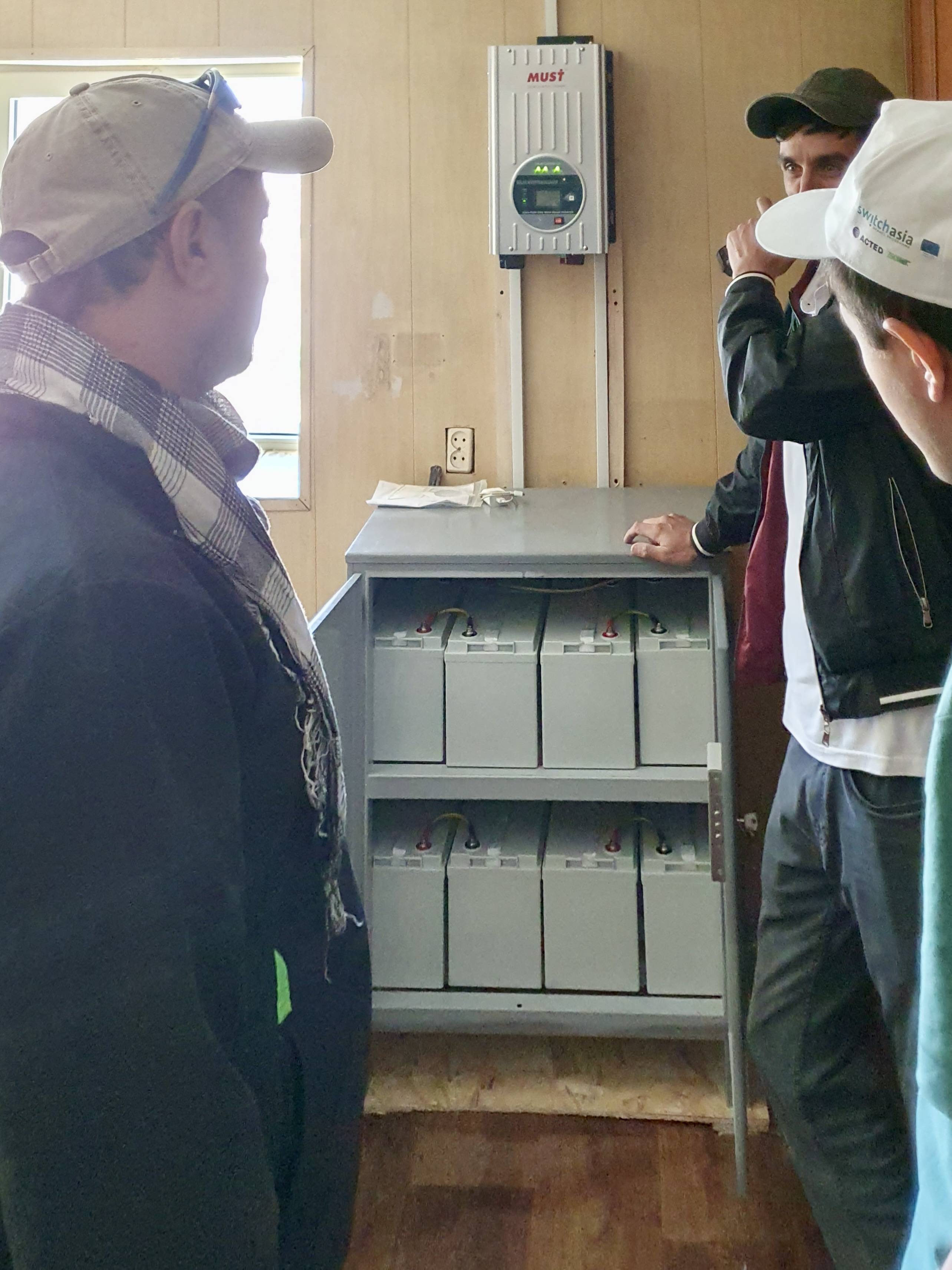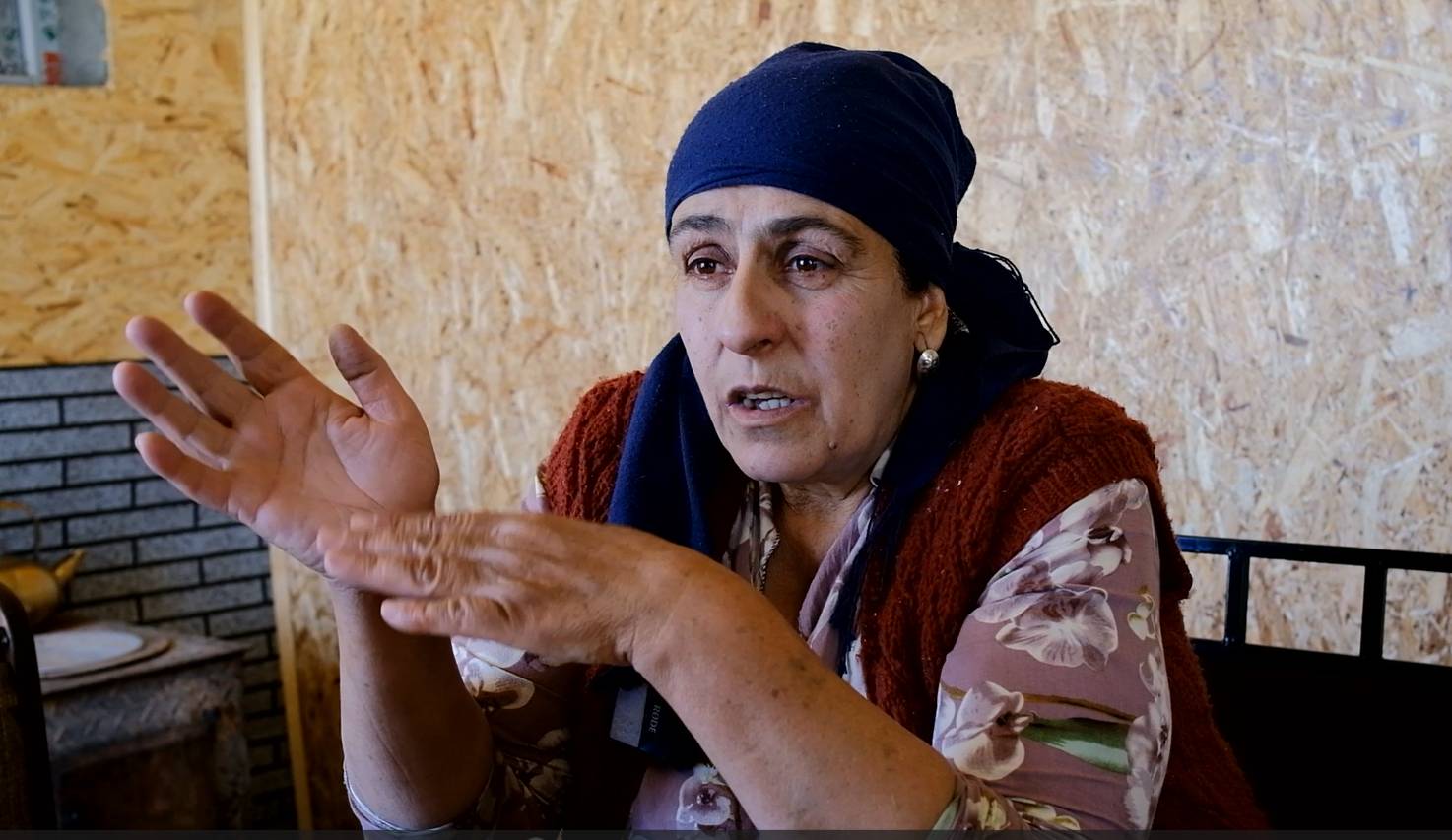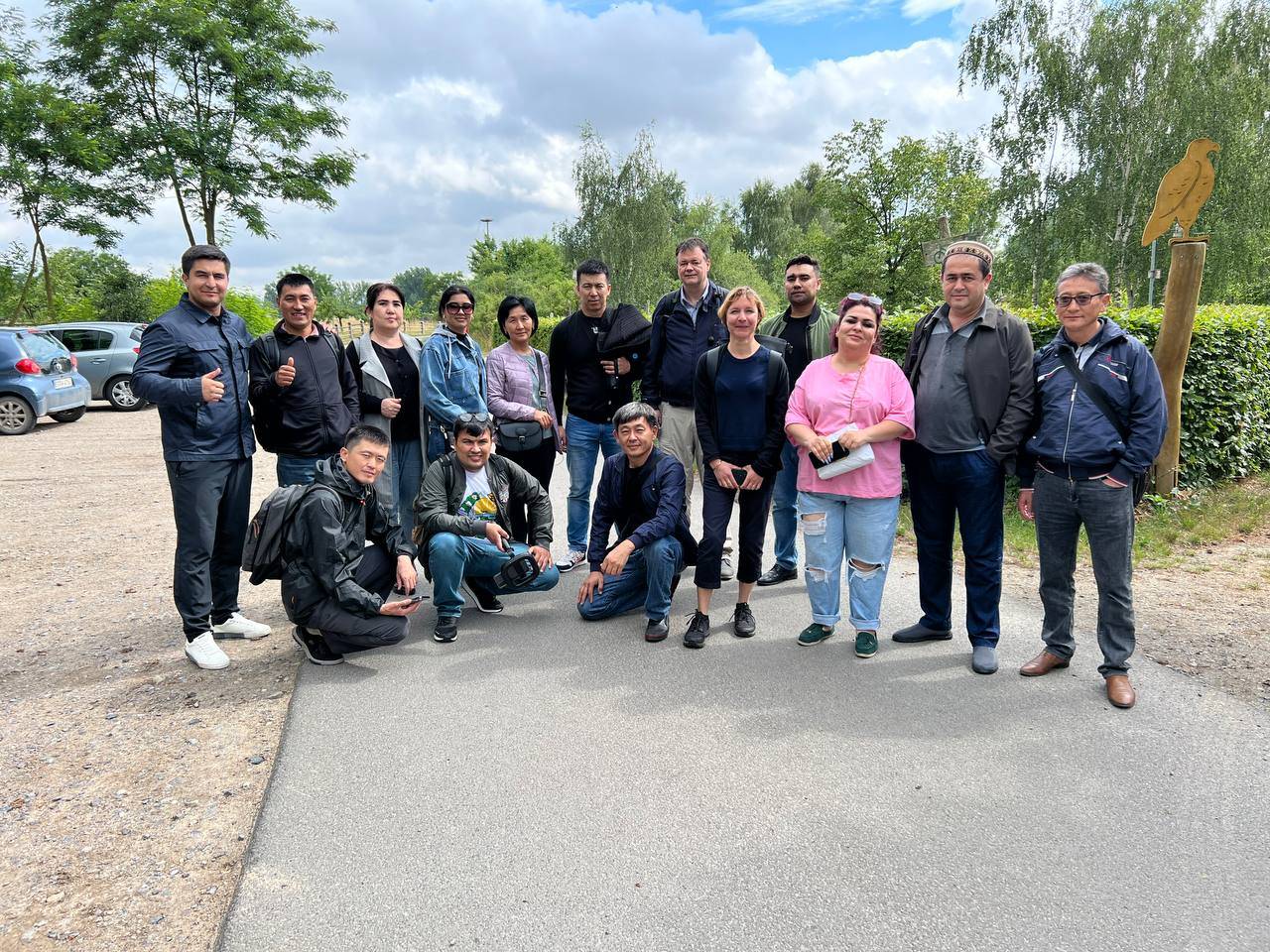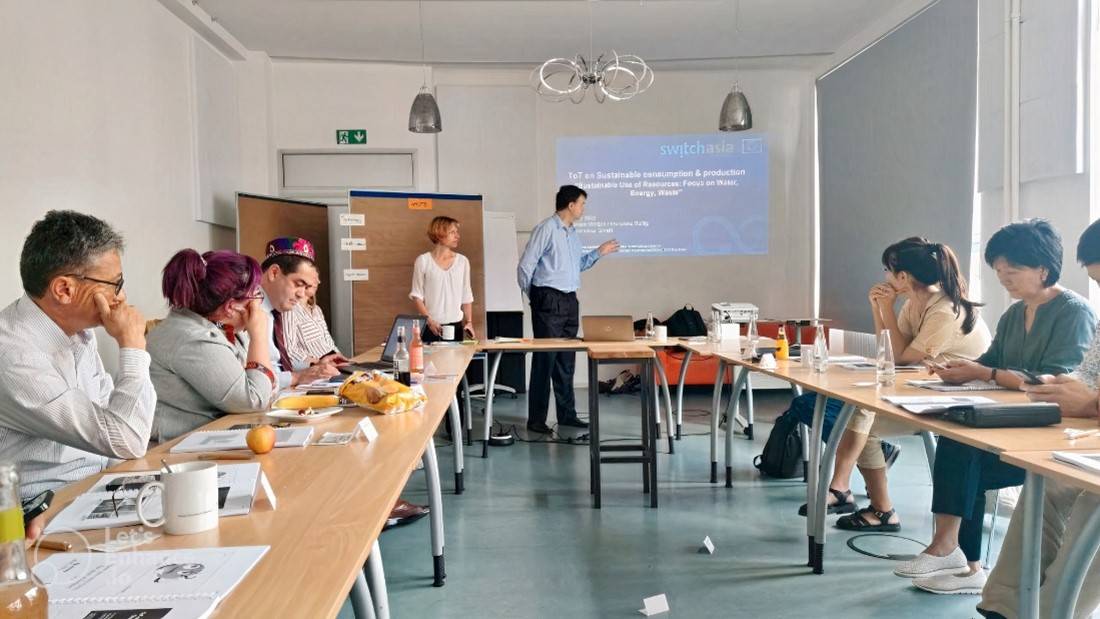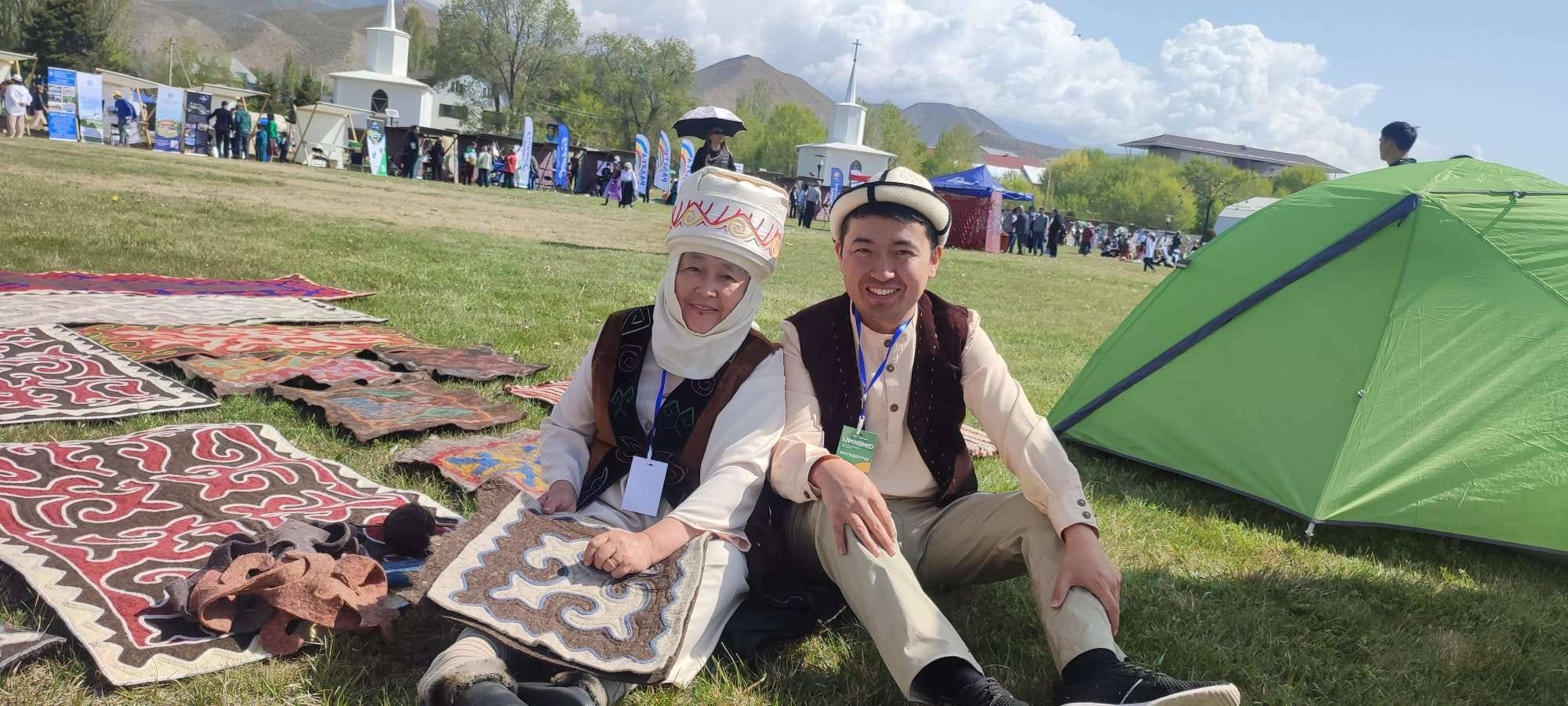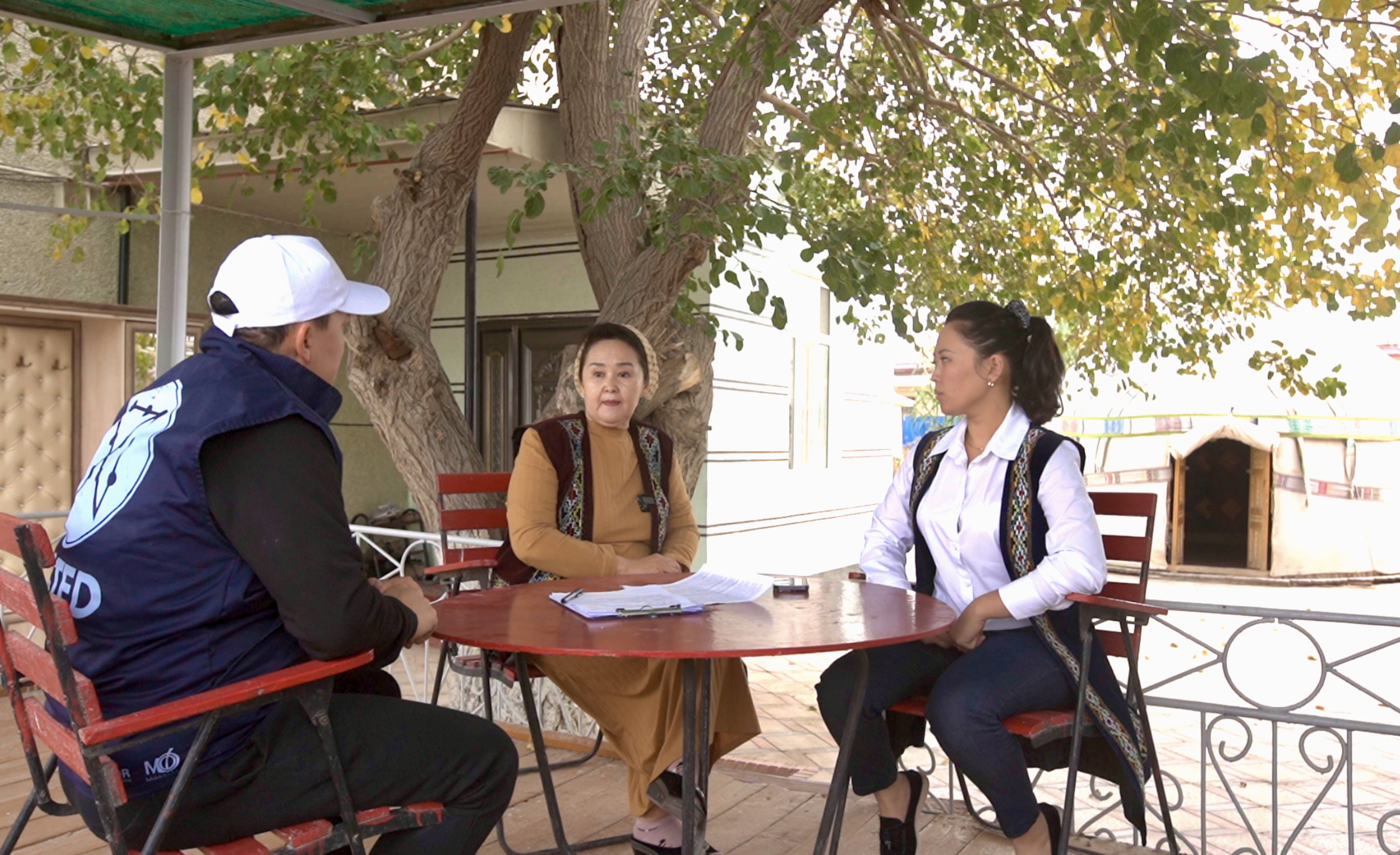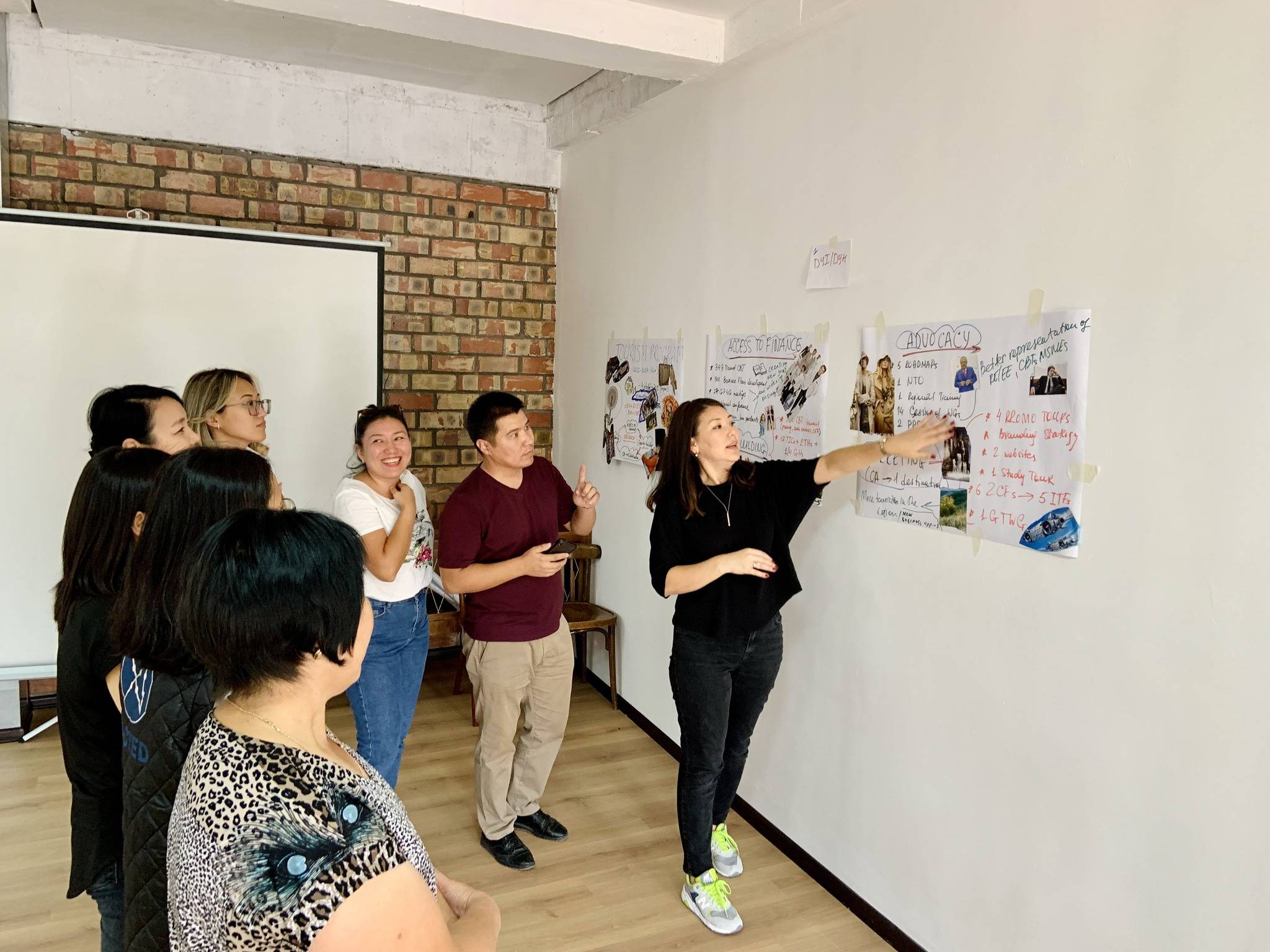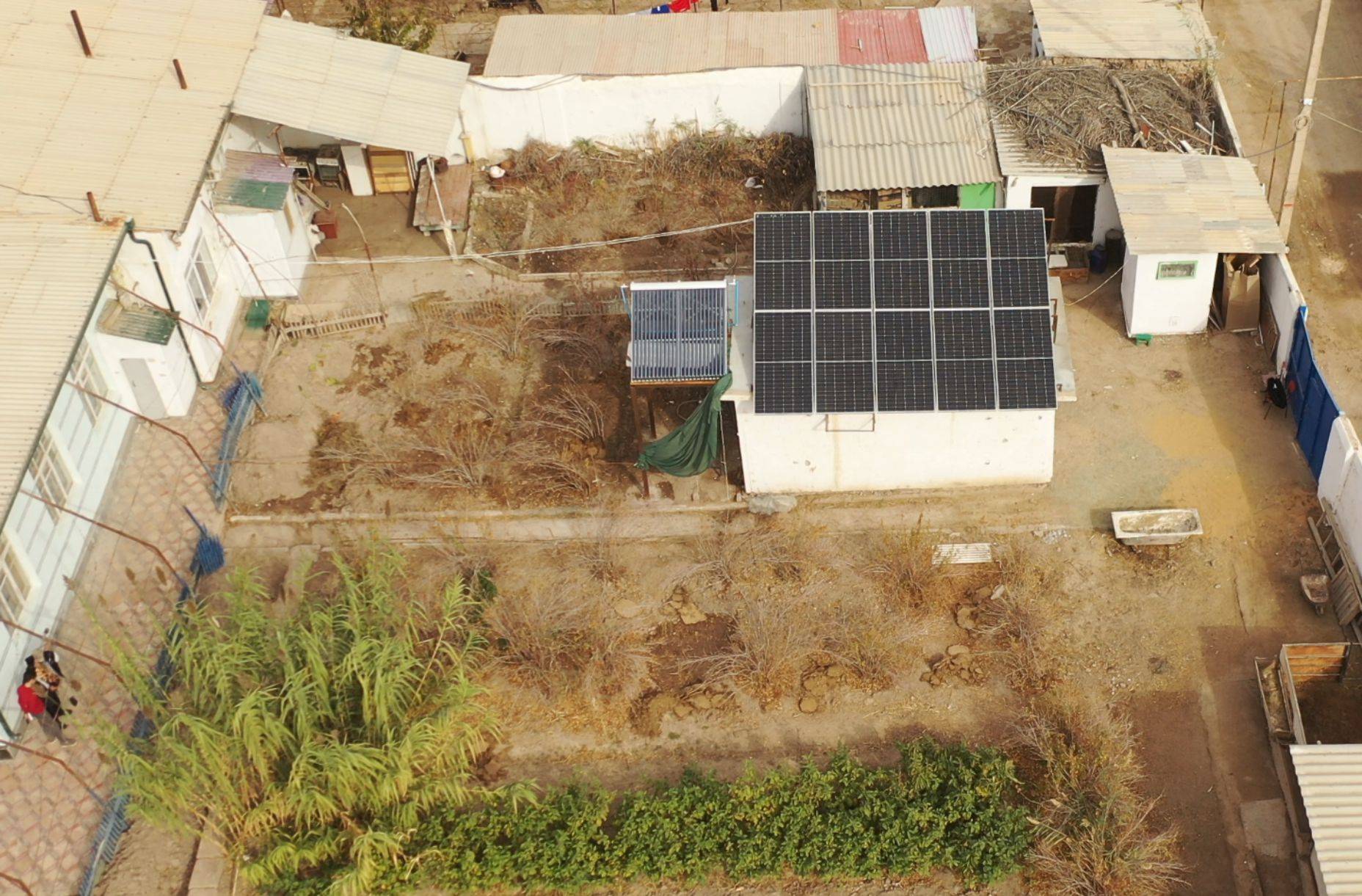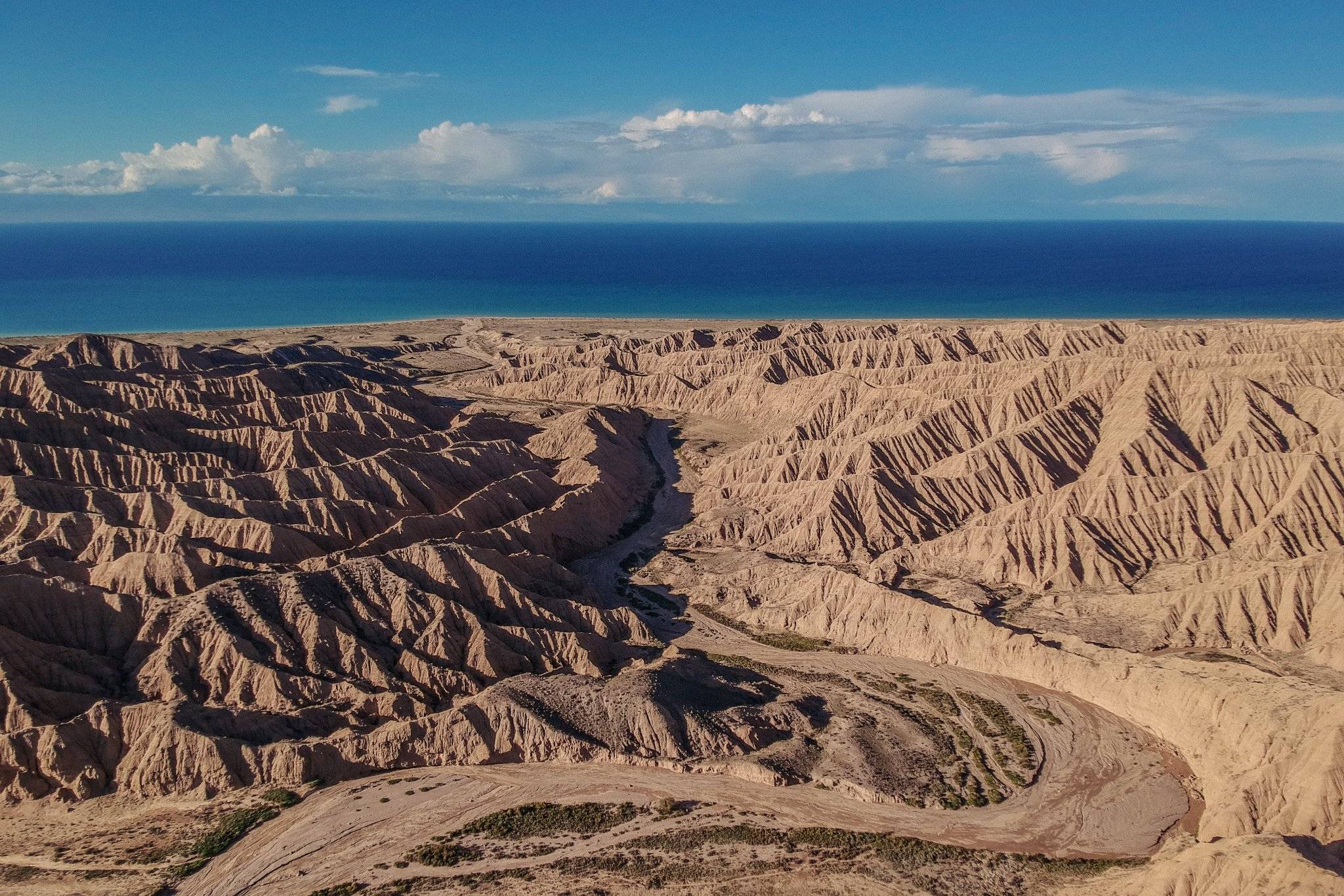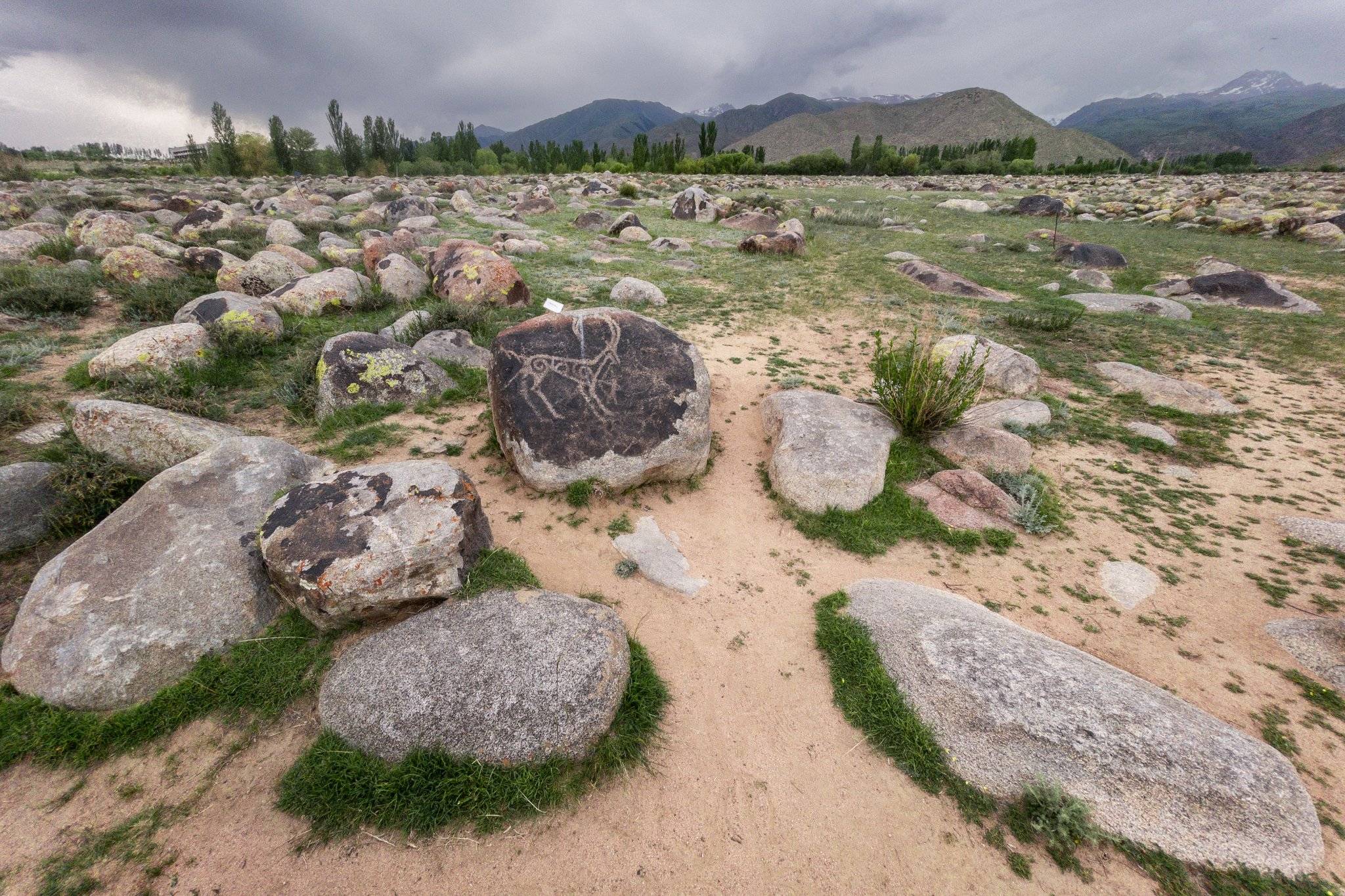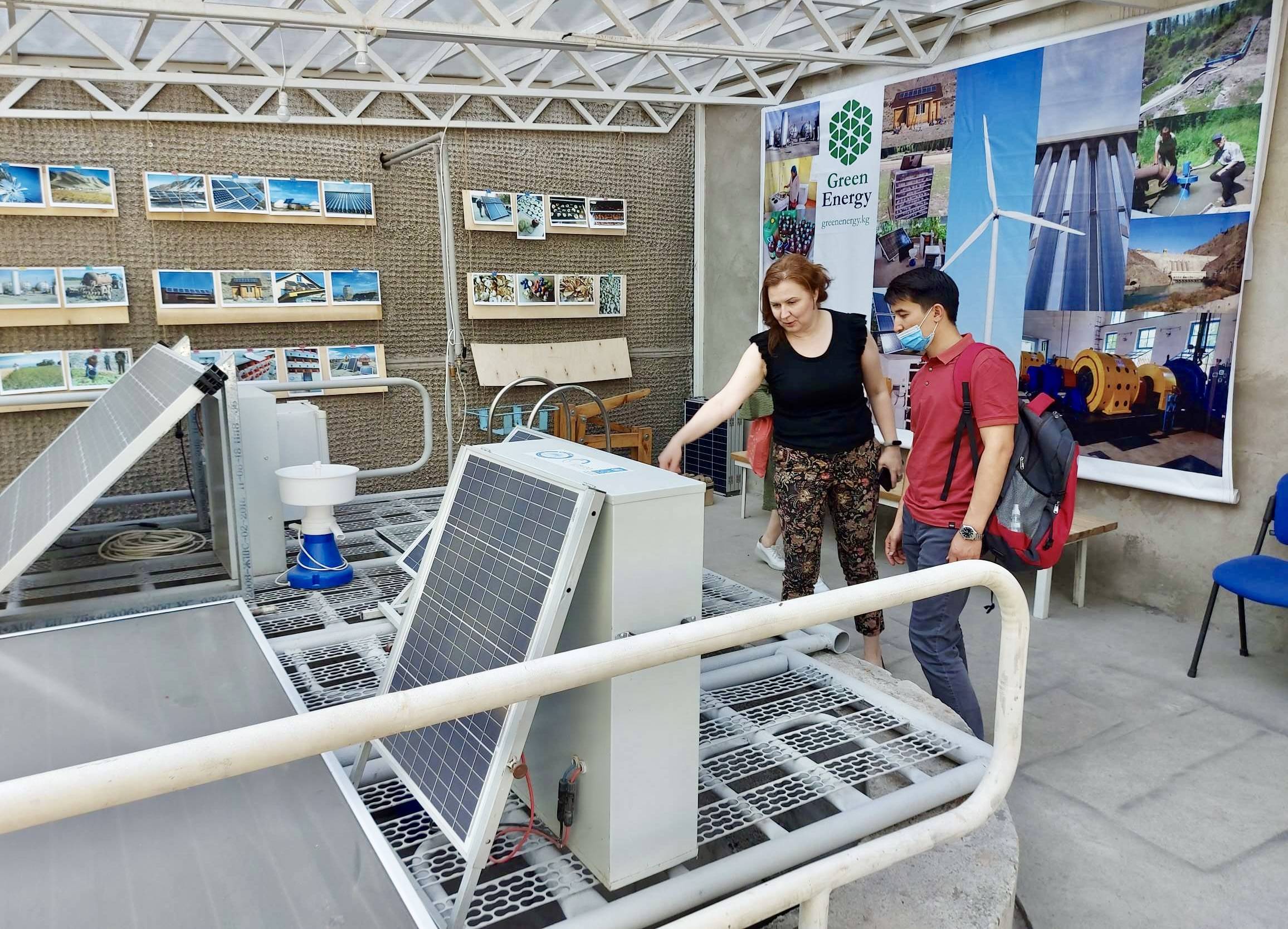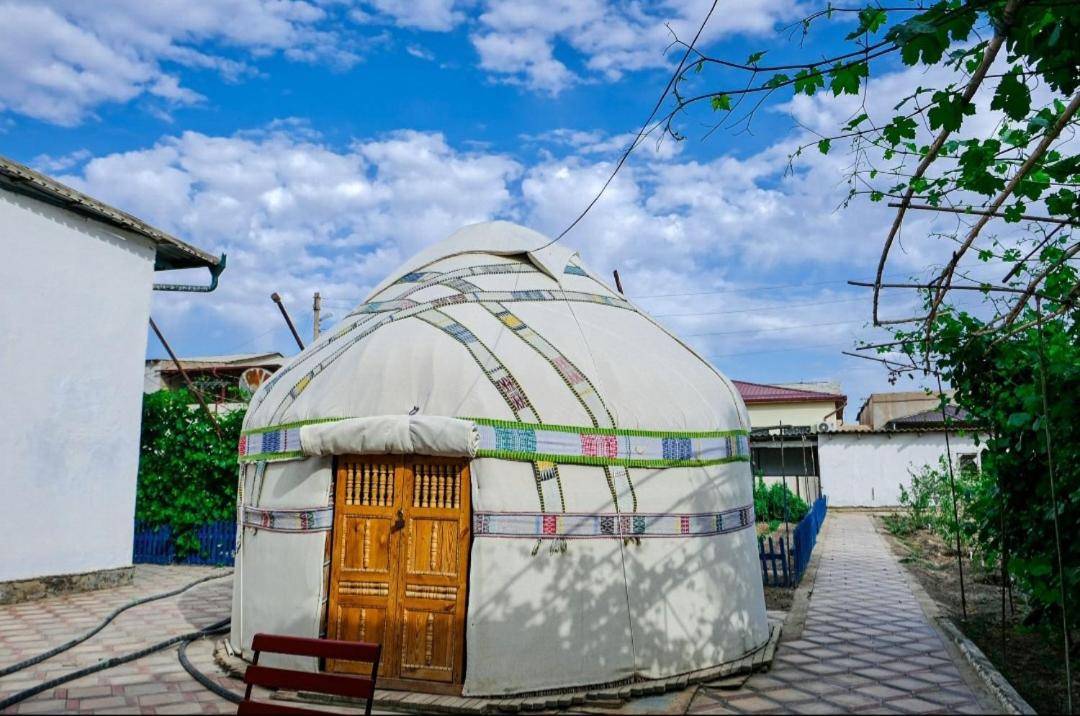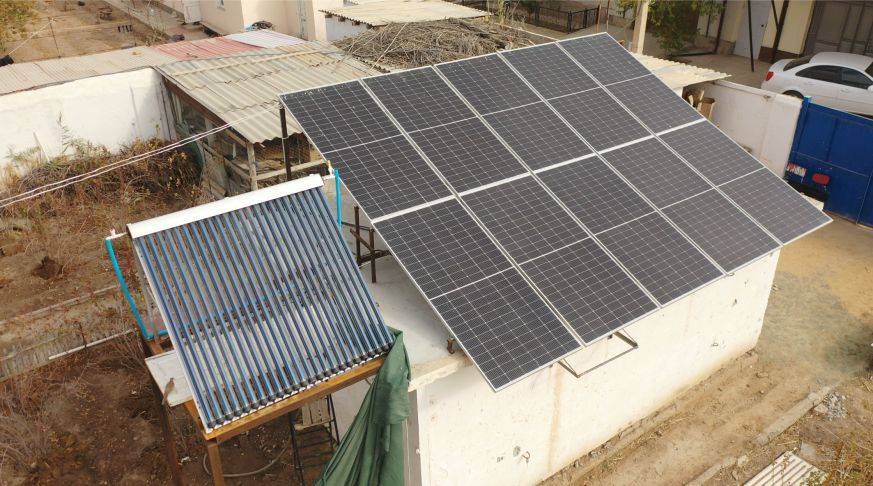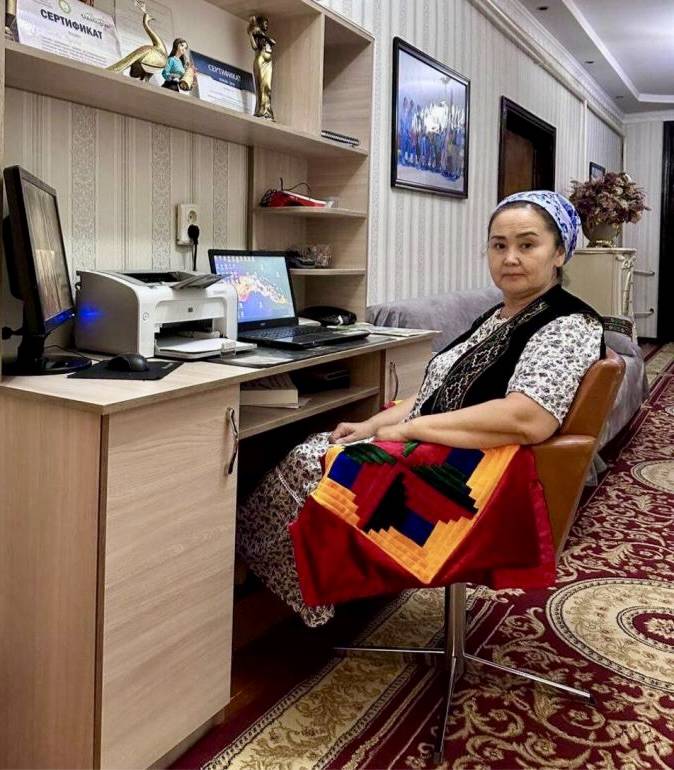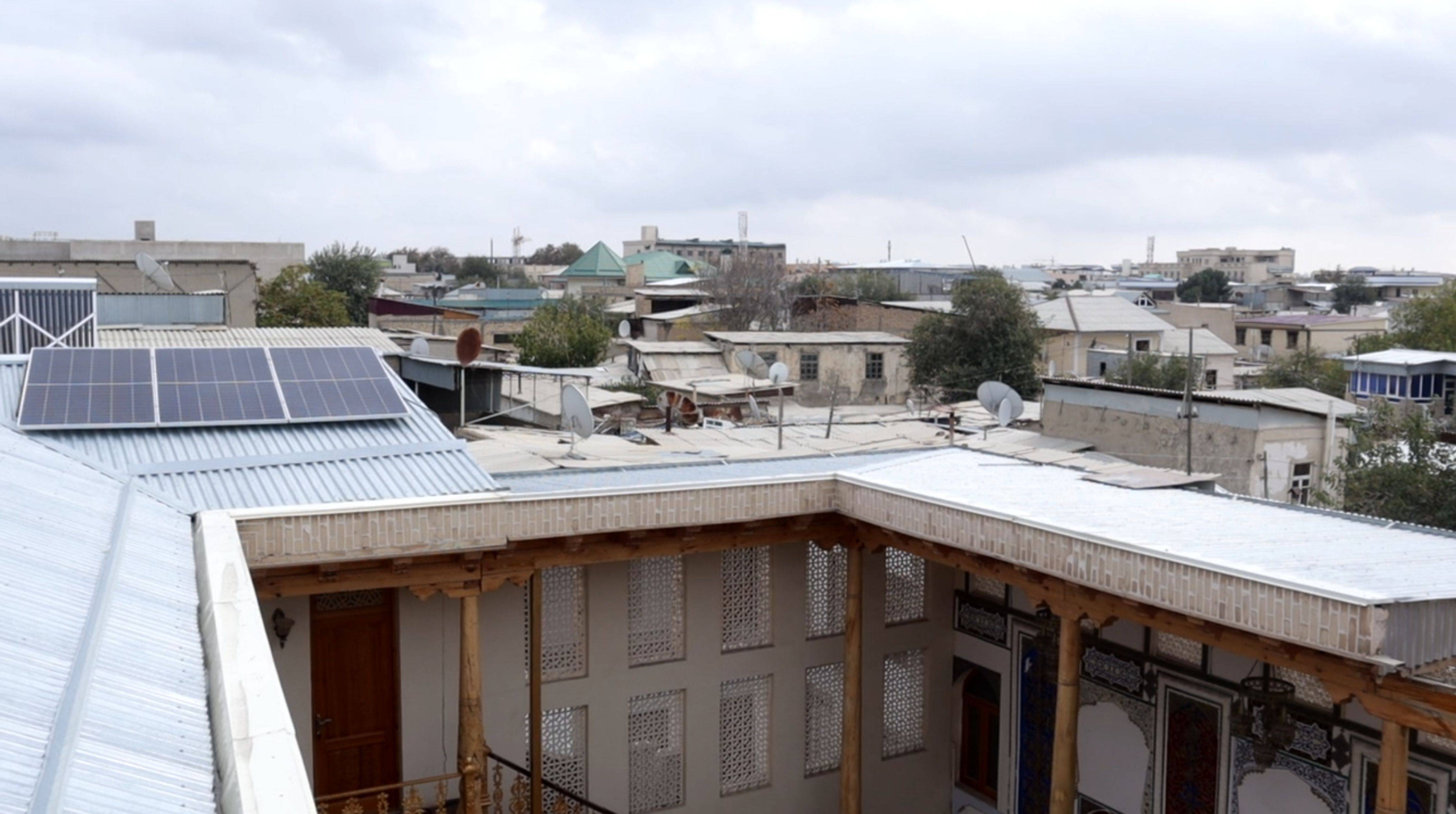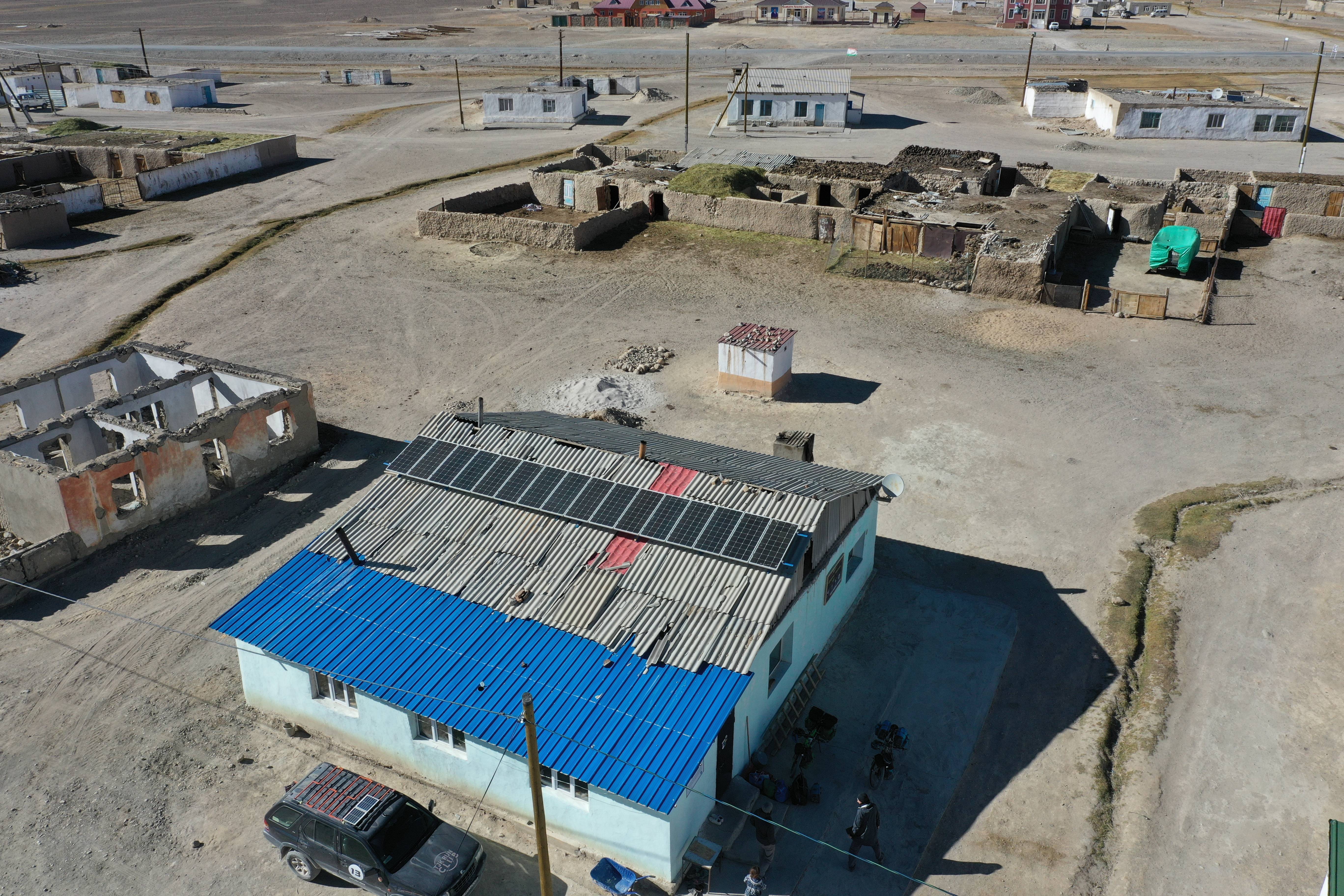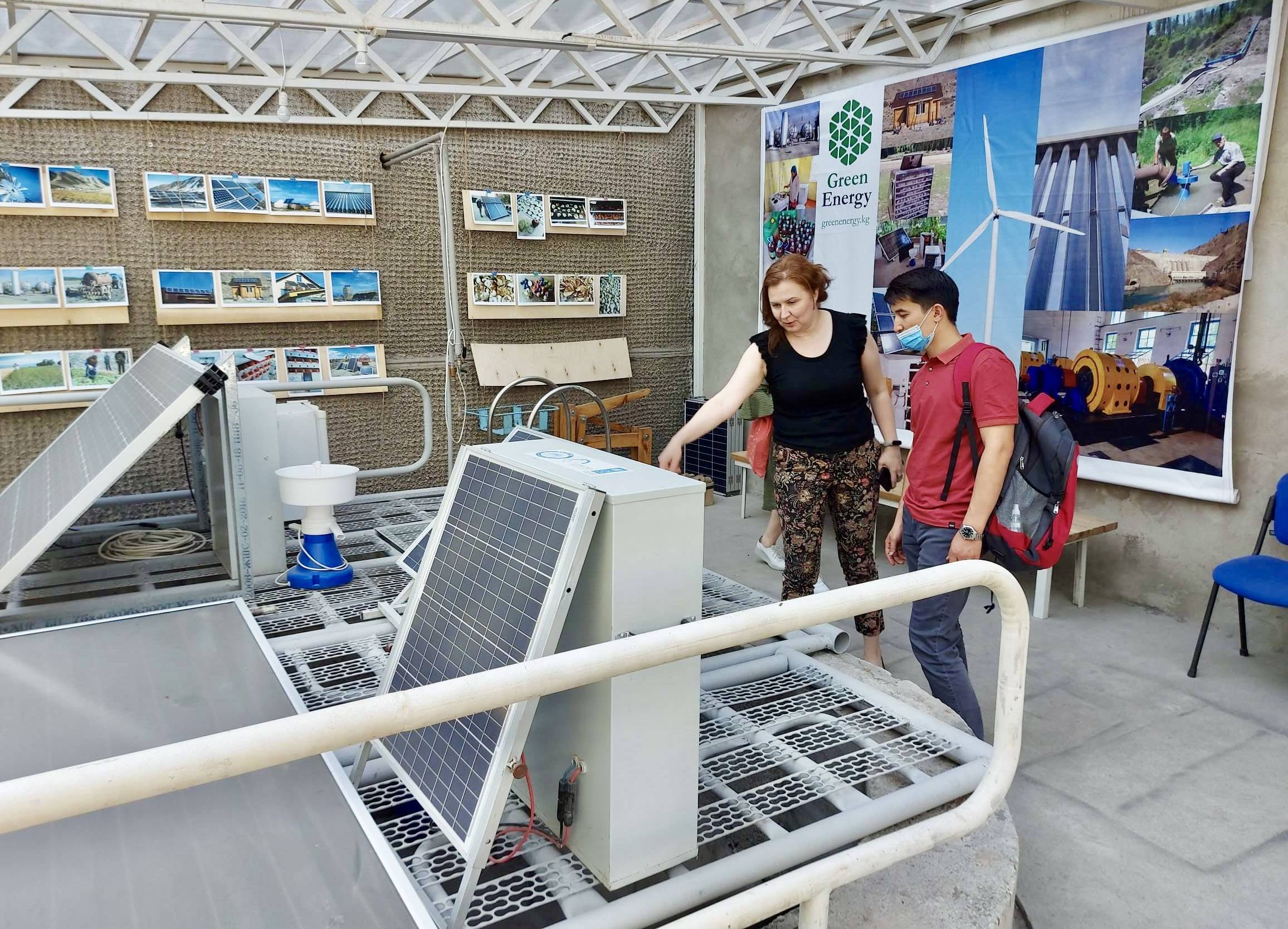
The Challenge
Countries in Central Asia are among the most vulnerable globally to the effects of climate change, while also being among the least resilient. The overuse of natural resources exacerbates the risk of natural disasters, conflicts, and rural poverty. Meanwhile, a United Nations World Tourism Organisation (UNWTO) study found that greenhouse gas emissions from tourism already contributed 5% of global emissions, with transport generating 75%. In the absence of real awareness of SCP practices, and an enabling environment for the development of a strong Energy Efficiency (EE) and Renewable Energy (RE) sector, rapid tourism development seriously threatens to further increase greenhouse gas emissions and carbon footprint, and further degrade the natural environment in Central Asia.
The Objectives
Promotes transition of Kyrgyzstan, Uzbekistan and Tajikistan to a low carbon economy by adapting and introducing new resource and energy efficiency solutions by technology providers and facilitating access to green finance to scale up this new technologies and SCP solutions in the touristic sector. Develops “Green hostels” model by implementation of SCP practices such as local eco-standards, eco-certification scheme, value-chain approach and resource efficiency. The specific objectives include:
- Promote the adoption of SCP practices by MSMEs in the CBT sector through linkage with producers in the EE/RE sectors, as well as financial intermediaries;
- Enhance policy dialogue among actors in the sector to create a more enabling environment for EE/RE development;
- Promote sustainable CBT initiatives at the national, regional and international levels and increase consumer awareness of sustainable tourism in Central Asia.
The Way Forward
- SCP practices and behaviours are adopted by EE/RE producers and CBT consumers;
- Policy dialogue is enhanced among actors in the EE/RE sector;
- Sustainable Community-Based Tourism (CBT) initiatives are promoted and consumer awareness is increase.
Relation to European Green Deal, Circular Economy and Climate Change
The project is fully in line with the priorities of the European Green Deal, as the promotion of inclusive green economy is the overarching objective of this action. Project activities will be geared toward simultaneously promoting sustainably consumption and production (SCP) practices in the community-based tourism (CBT) sector, including zero carbon CBT initiatives, as well as sustainable development by mainstreaming climate change adaptation and integrated natural resource management principles.
PLAY VIDEO
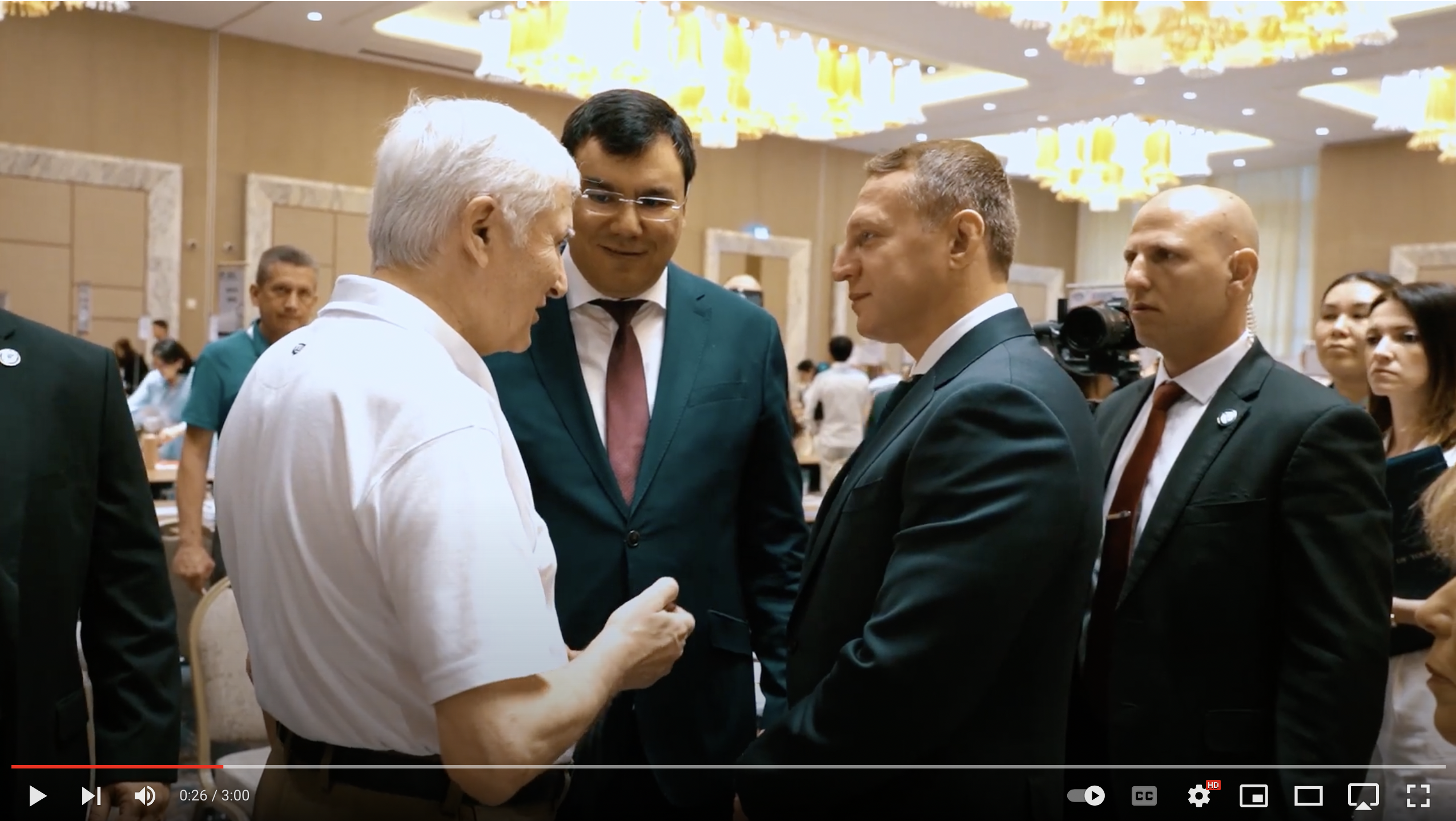
Duration:
2020-July 14, 2023Total Budget:
EUR 2.699.863 (EU Contribution: 80%)Contact Detail:
Darragh Fingleton, Country Director
Acted Kyrgyzstan
Tel. (+996) 770 70 10 20
15 Maldybaev str., House 1, 720055 Bishkek, Kyrgyzstan
Jan Severa, Country Director
Acted Tajikistan
Tel. (+992) 987 60 30 08 (ext. 077)
3Zero House, 12 Mirzo Tursunzoda str., Dushanbe, Tajikistan
Dilfuza Zakirova, Country Director
Acted Uzbekistan
Tel. (+998) 97 412 00 62
6/79 Osiyo str., Tashkent, Uzbekistan
Lead Partners
Partners
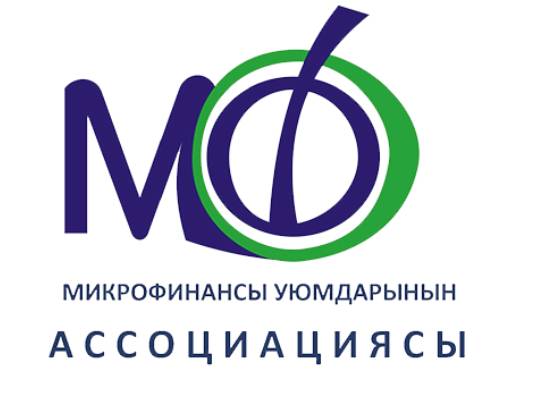
Association of Microfinance Institutions (AMFI) in Kyrgyzstan
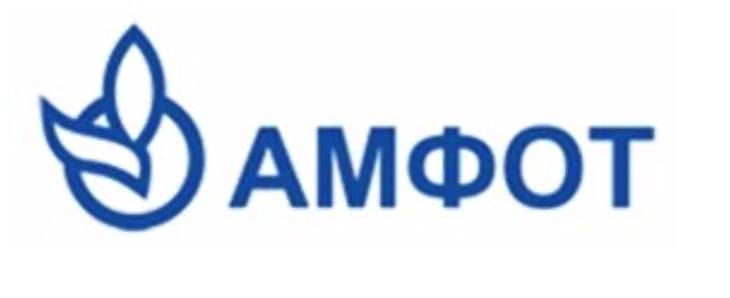
Association of Microfinance Organizations of Tajikistan (AMFOT)

BizExpert

Mascontour GmbH
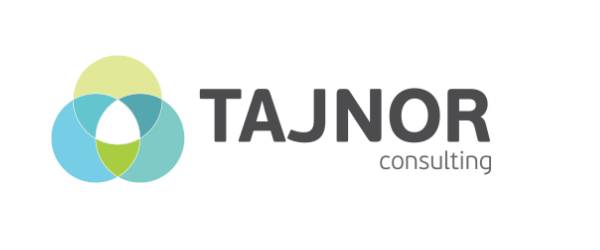
Tajik Norwegian Centre on Sustainable Development (TajNor)
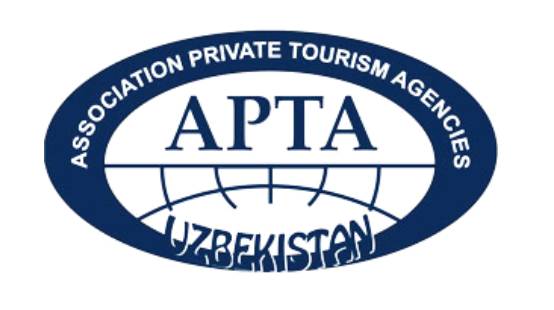
The Association of Private Tourism Agencies of Uzbekistan (APTA)


